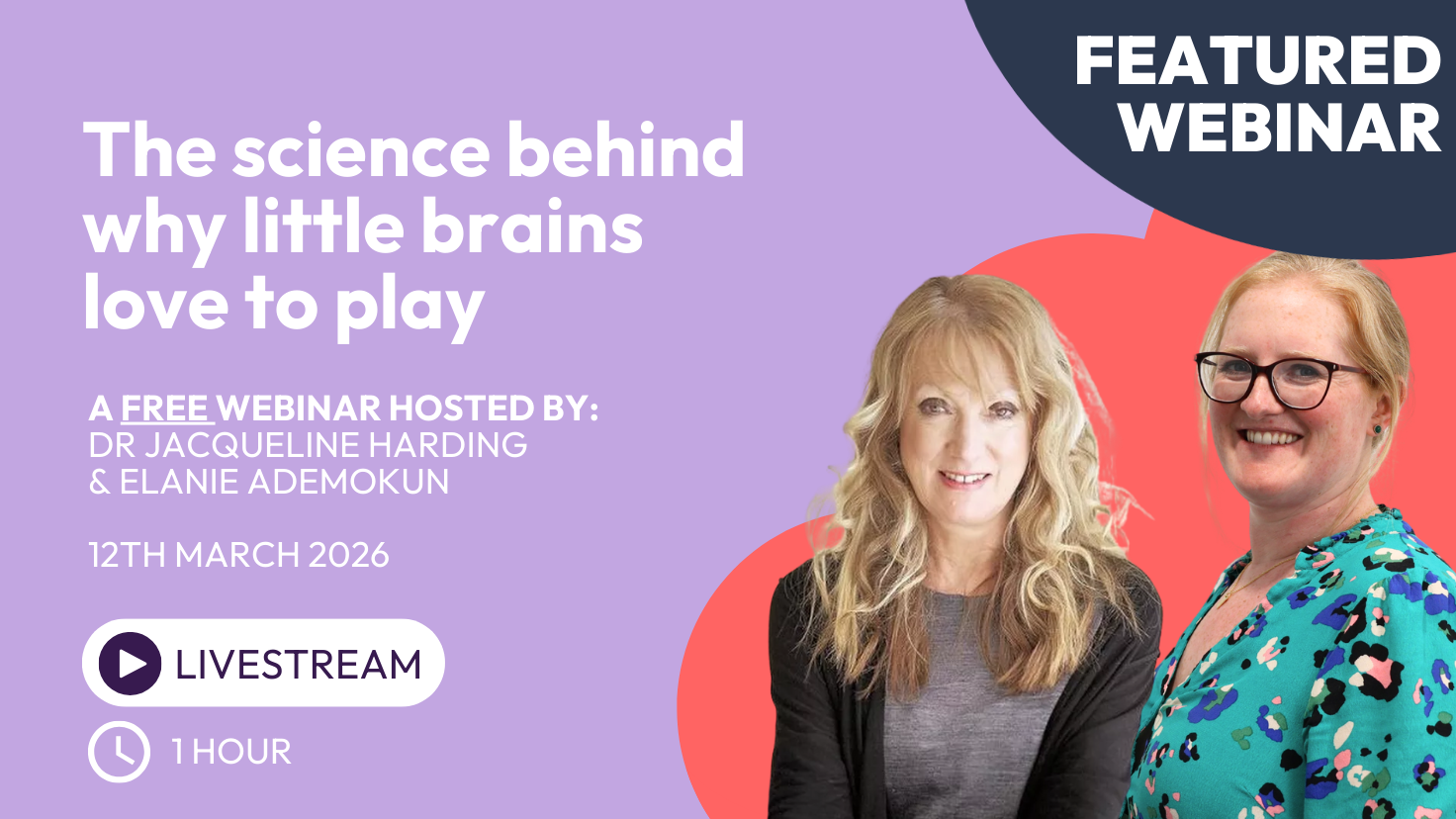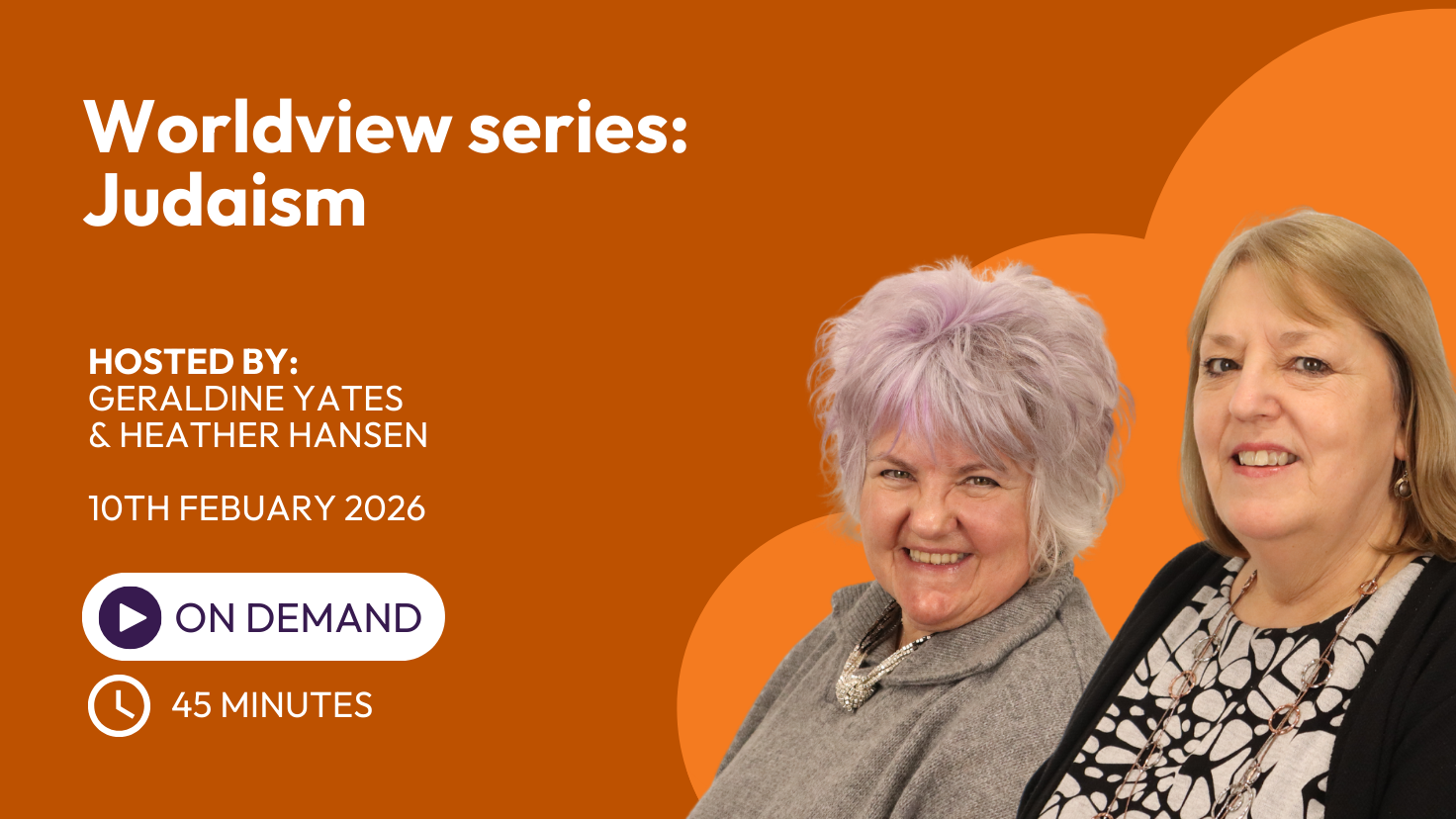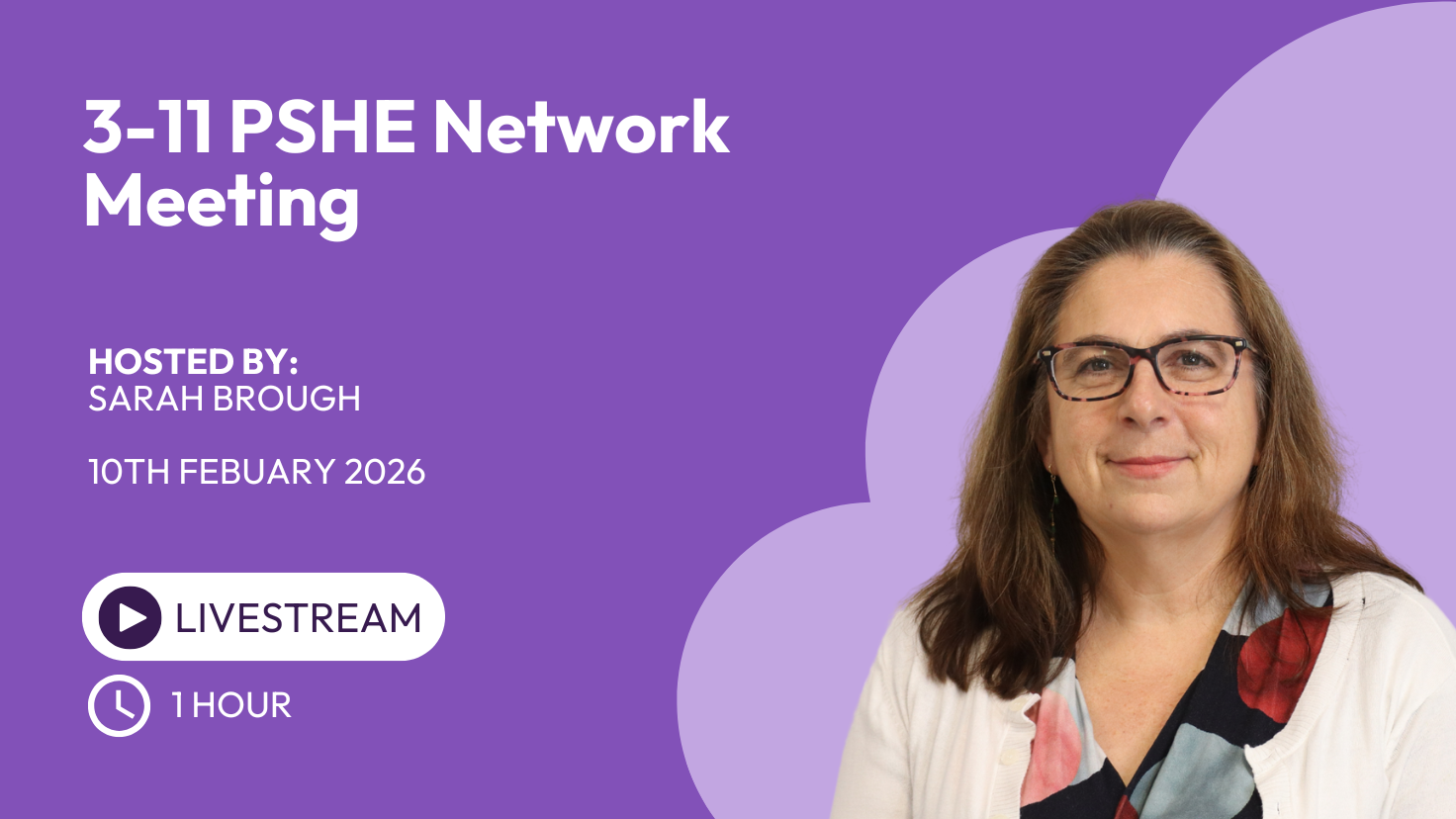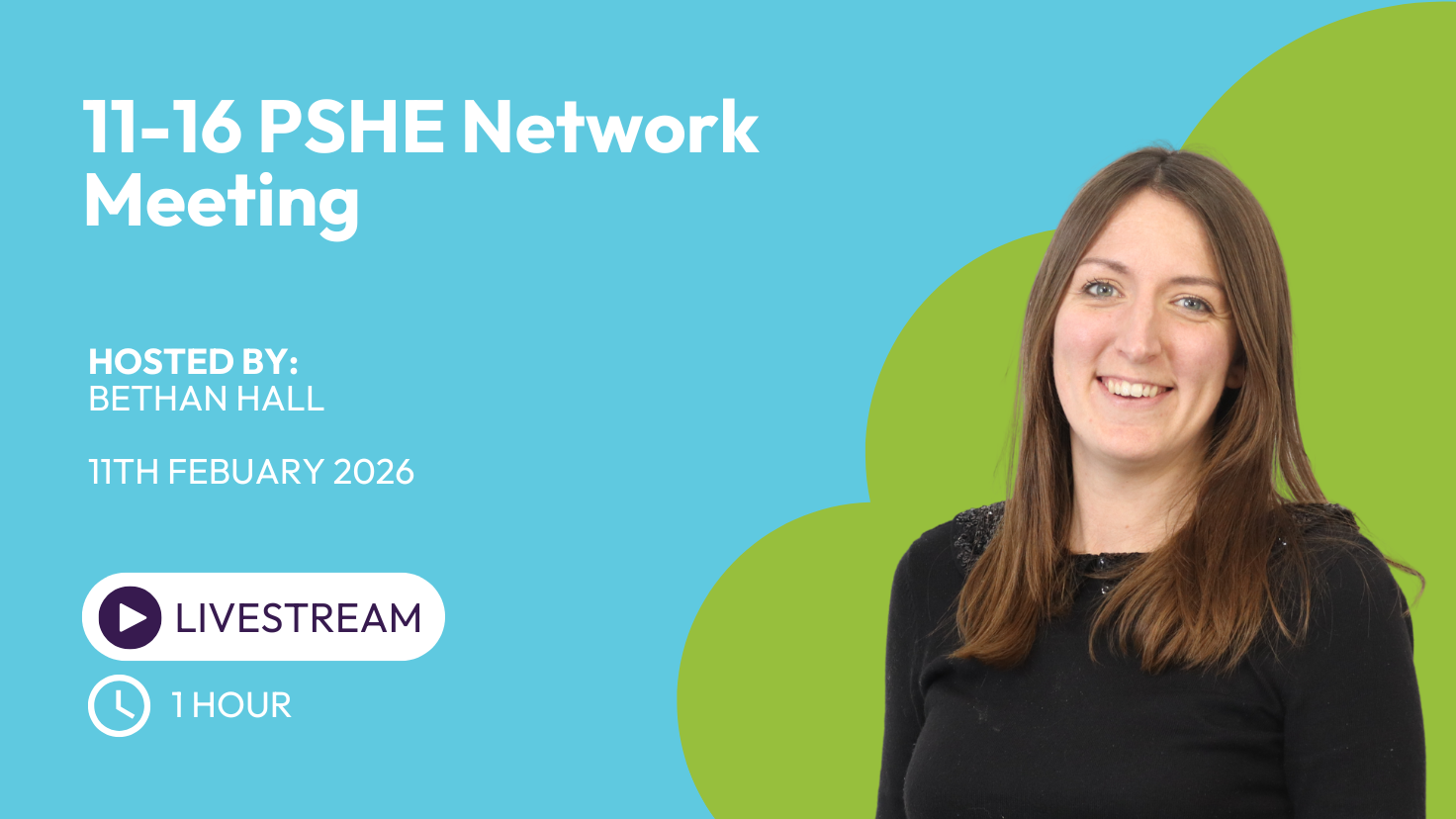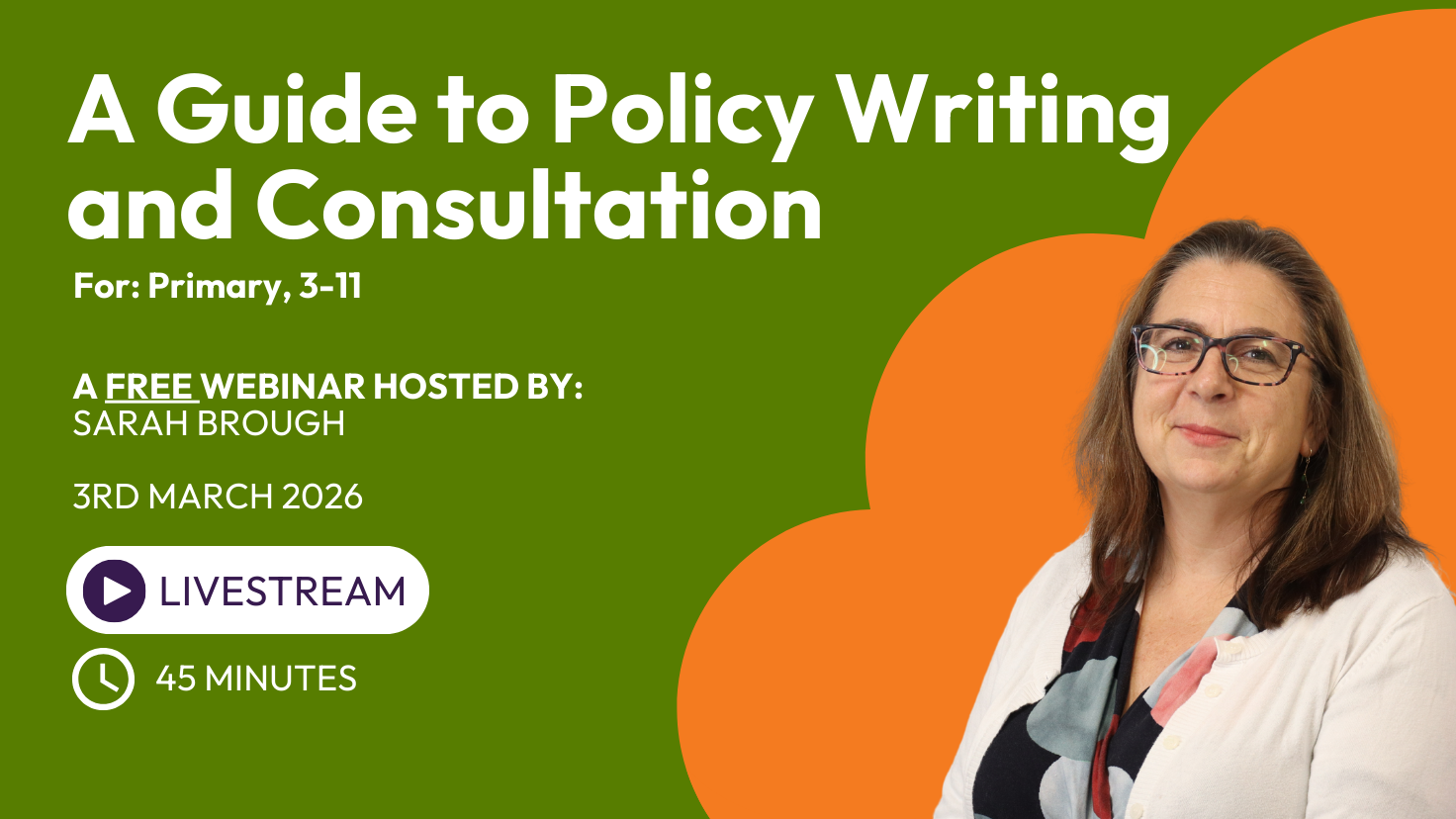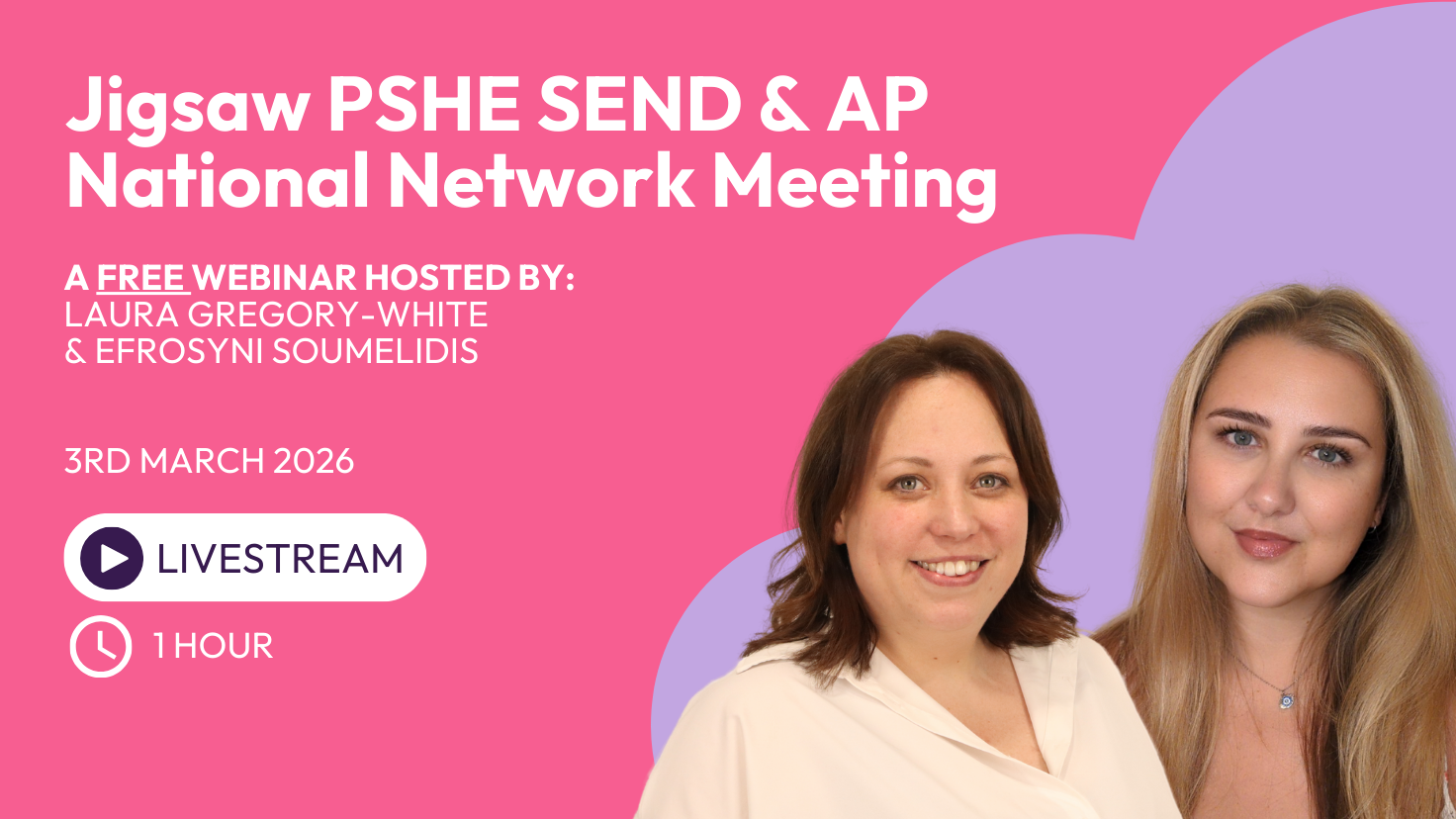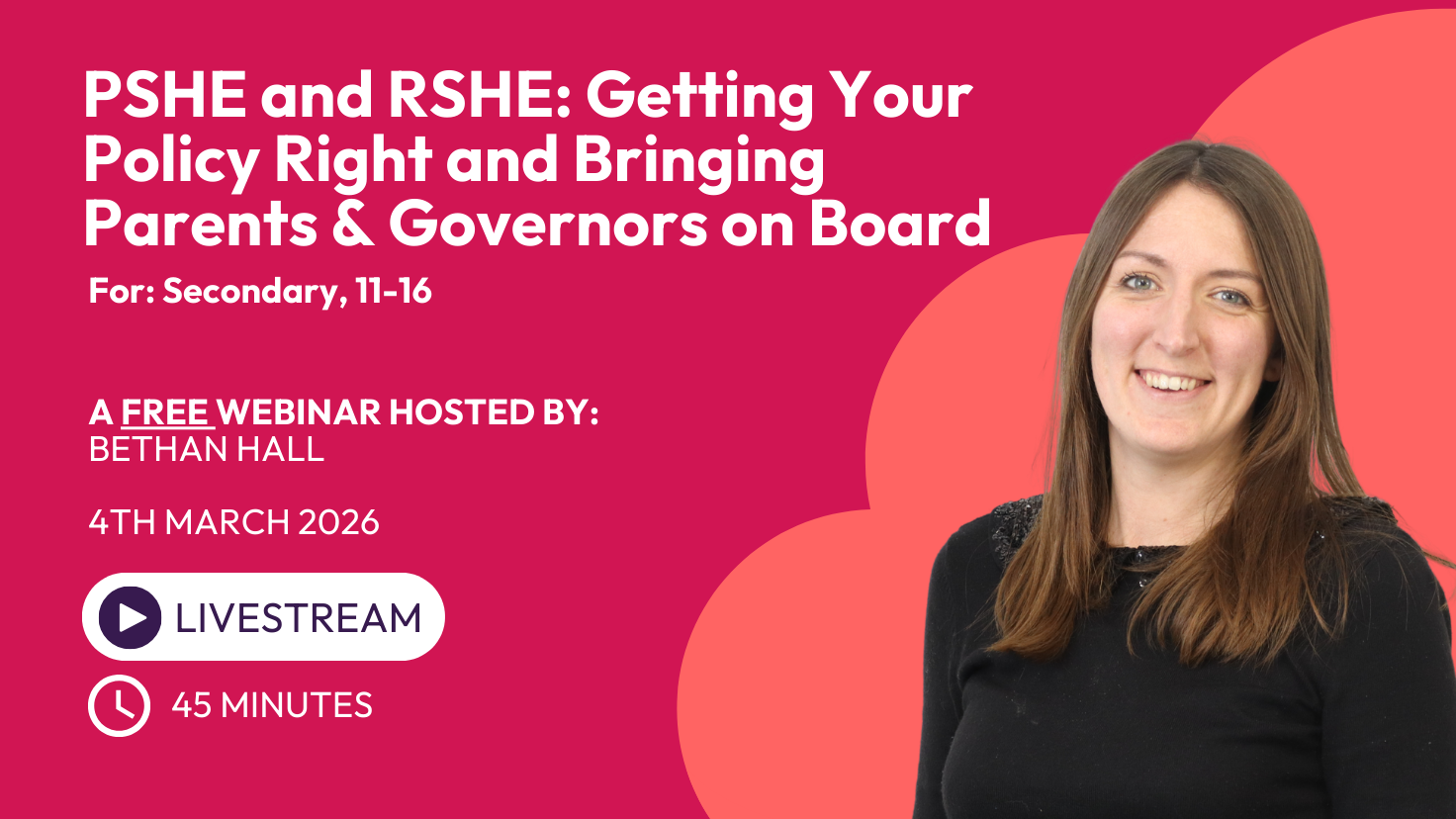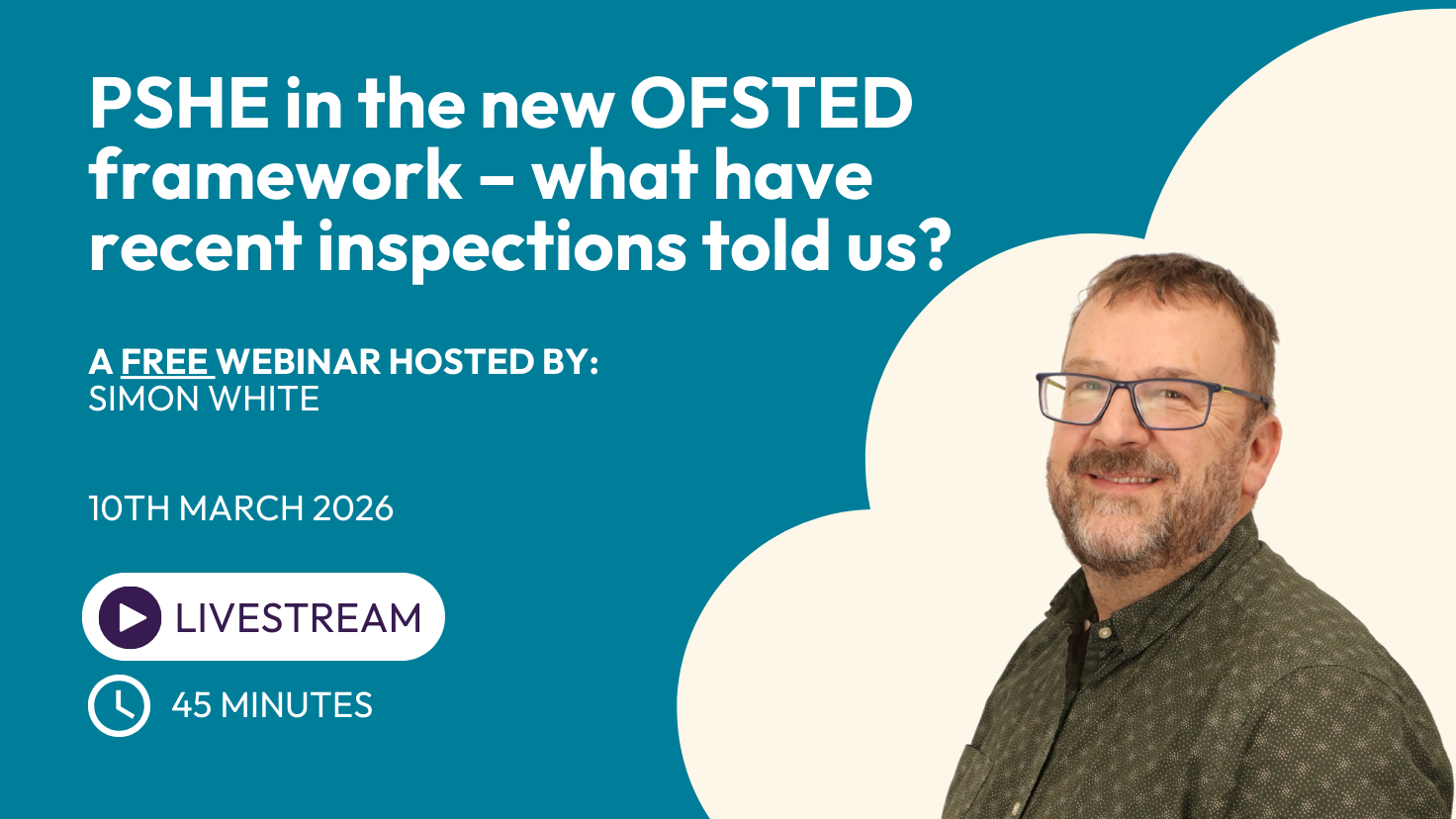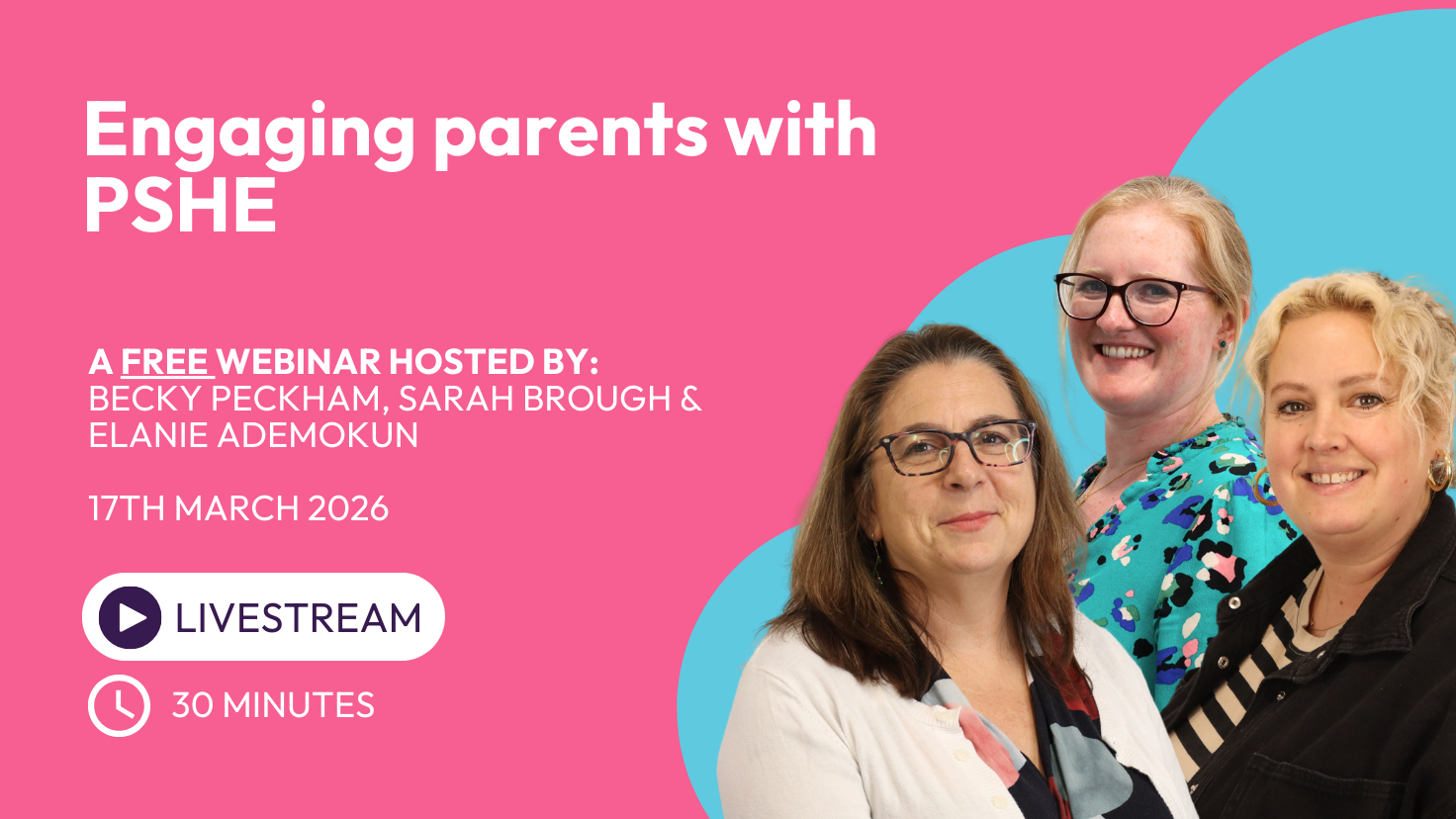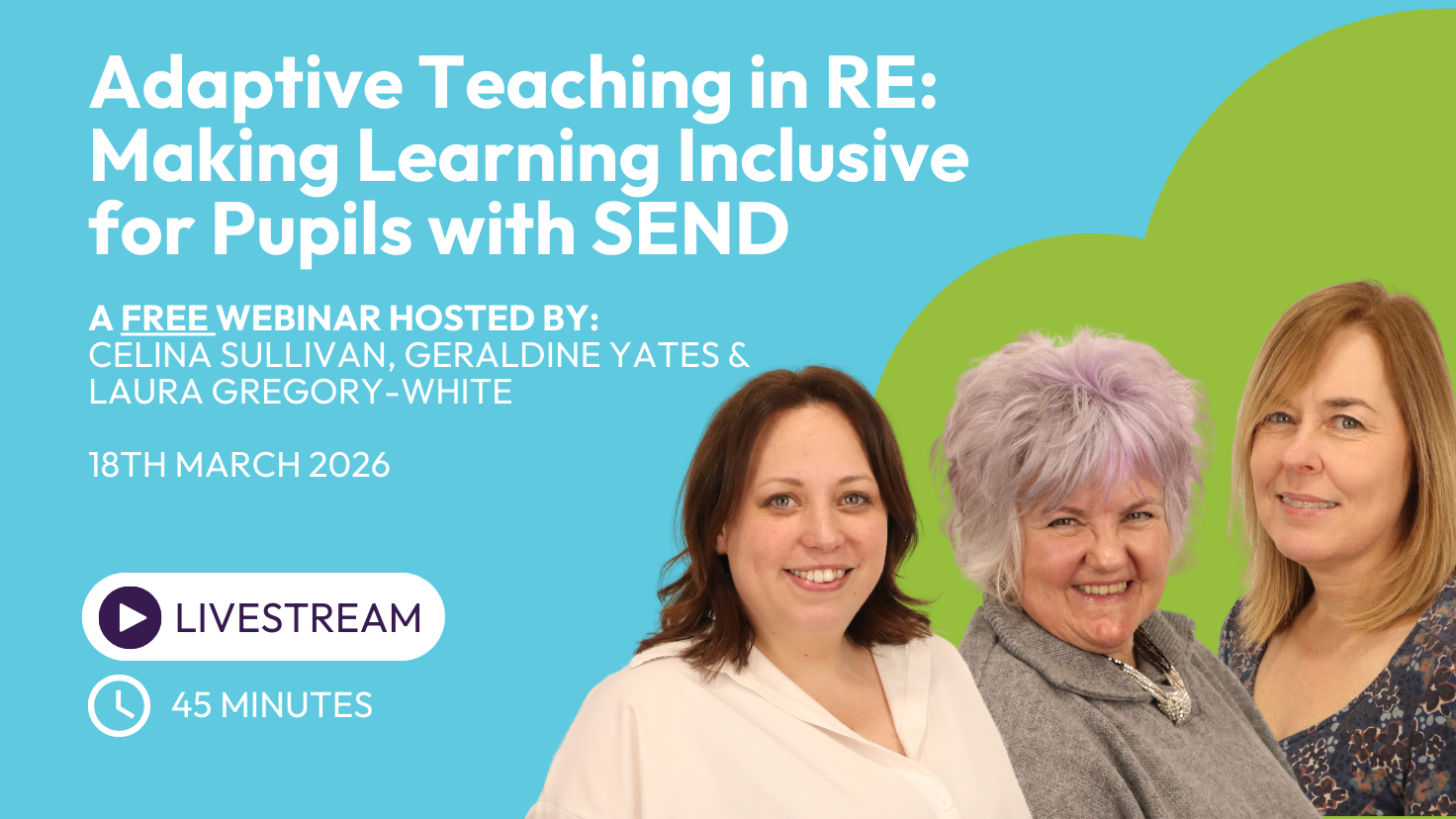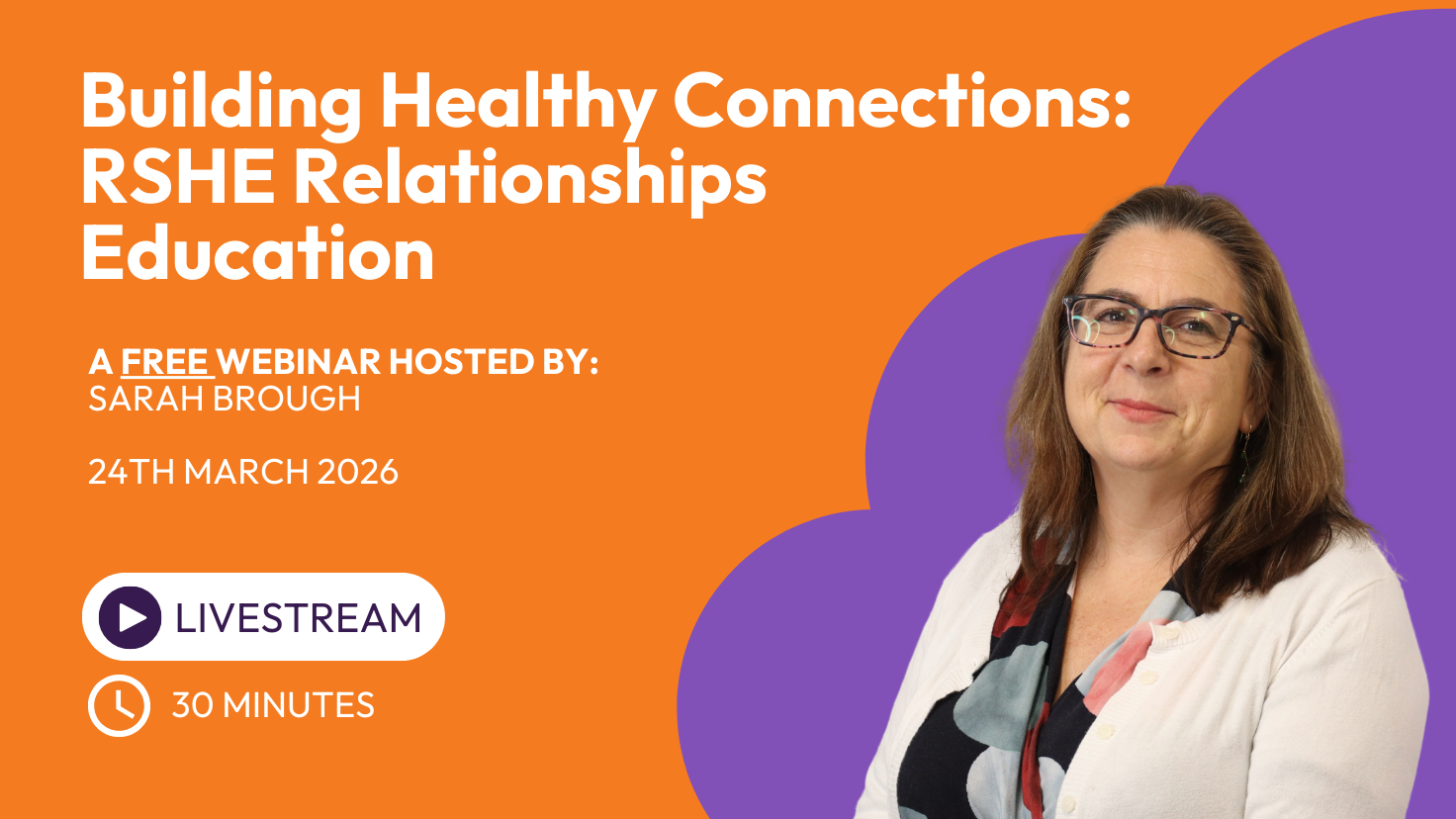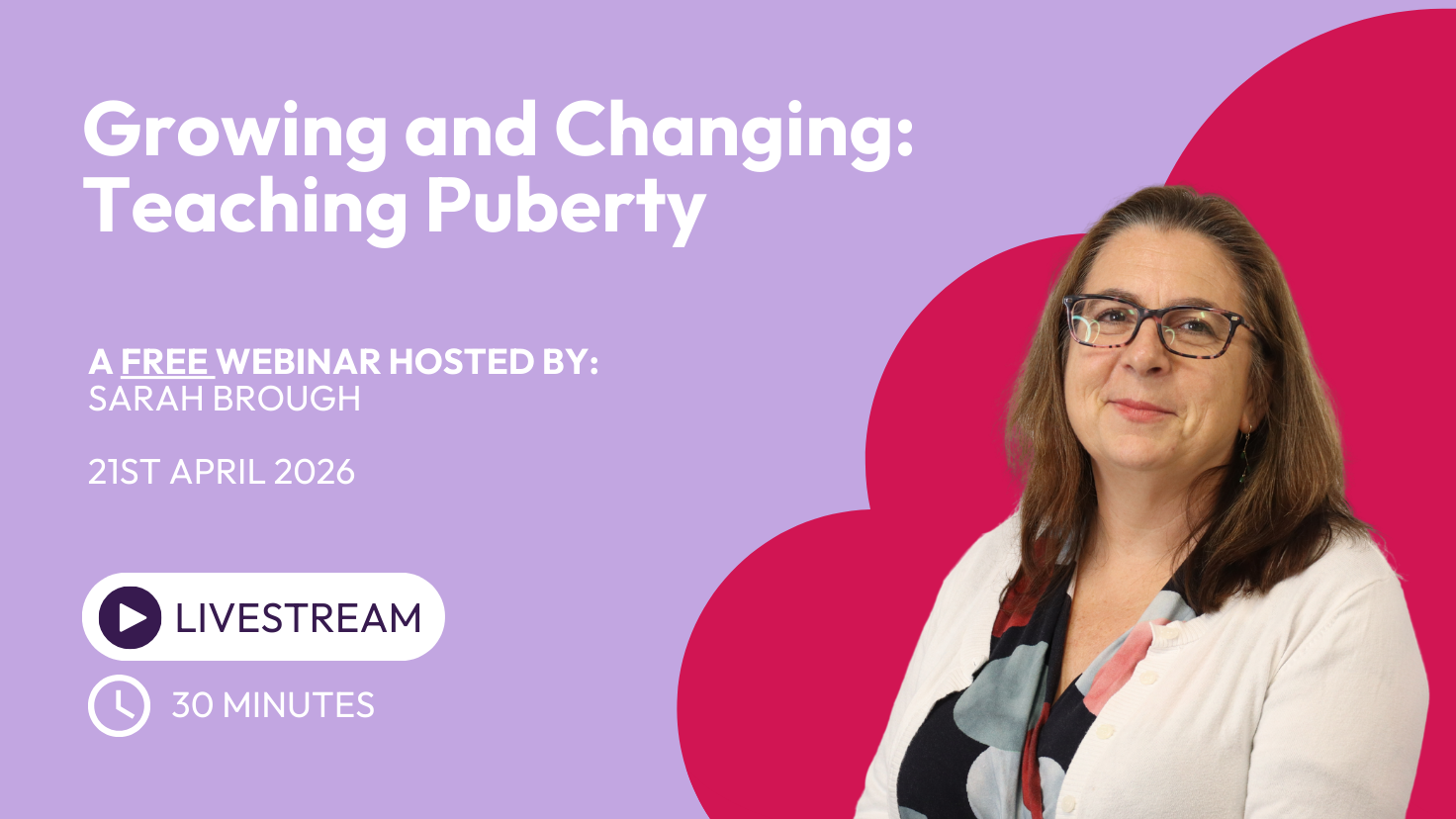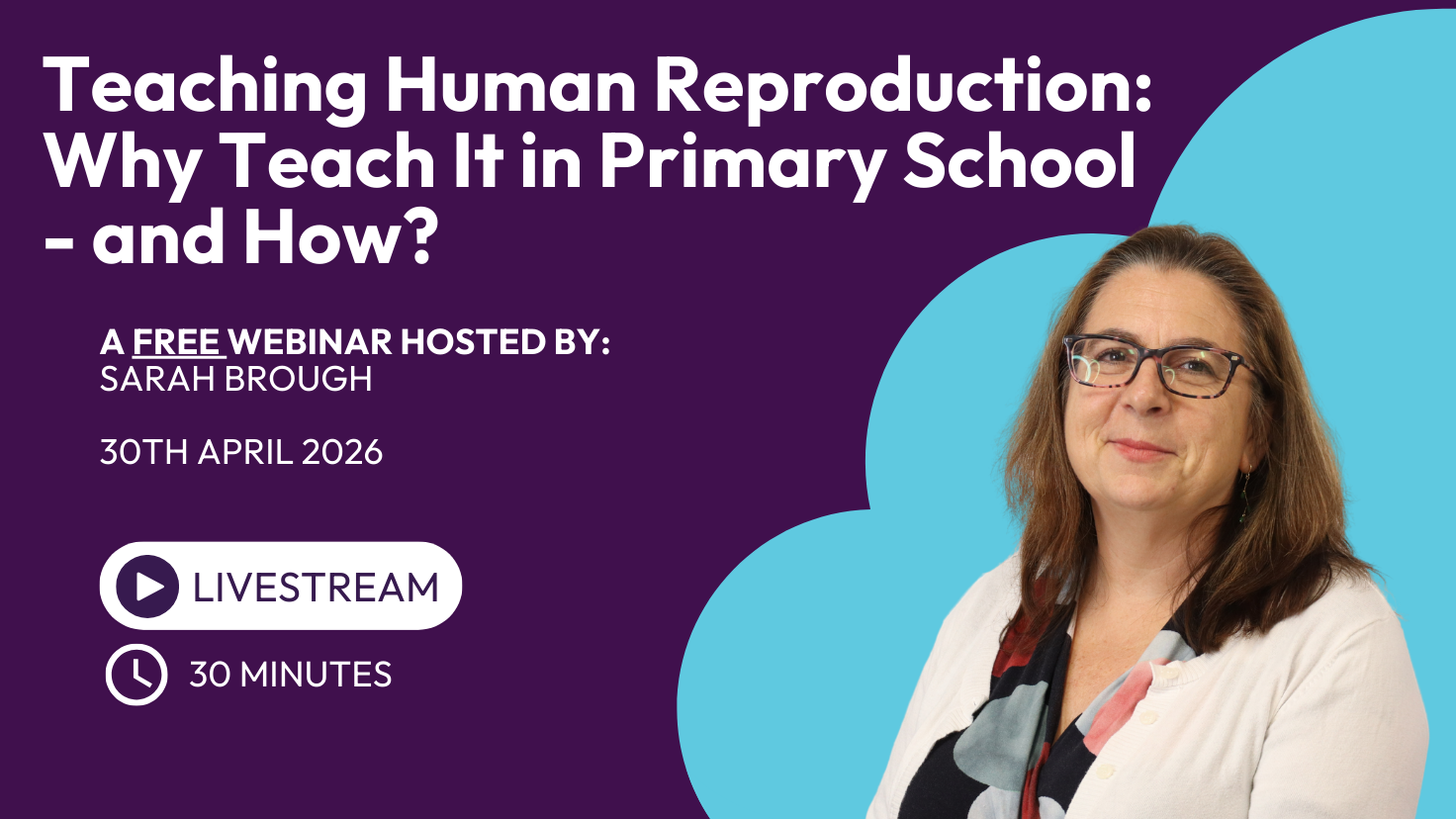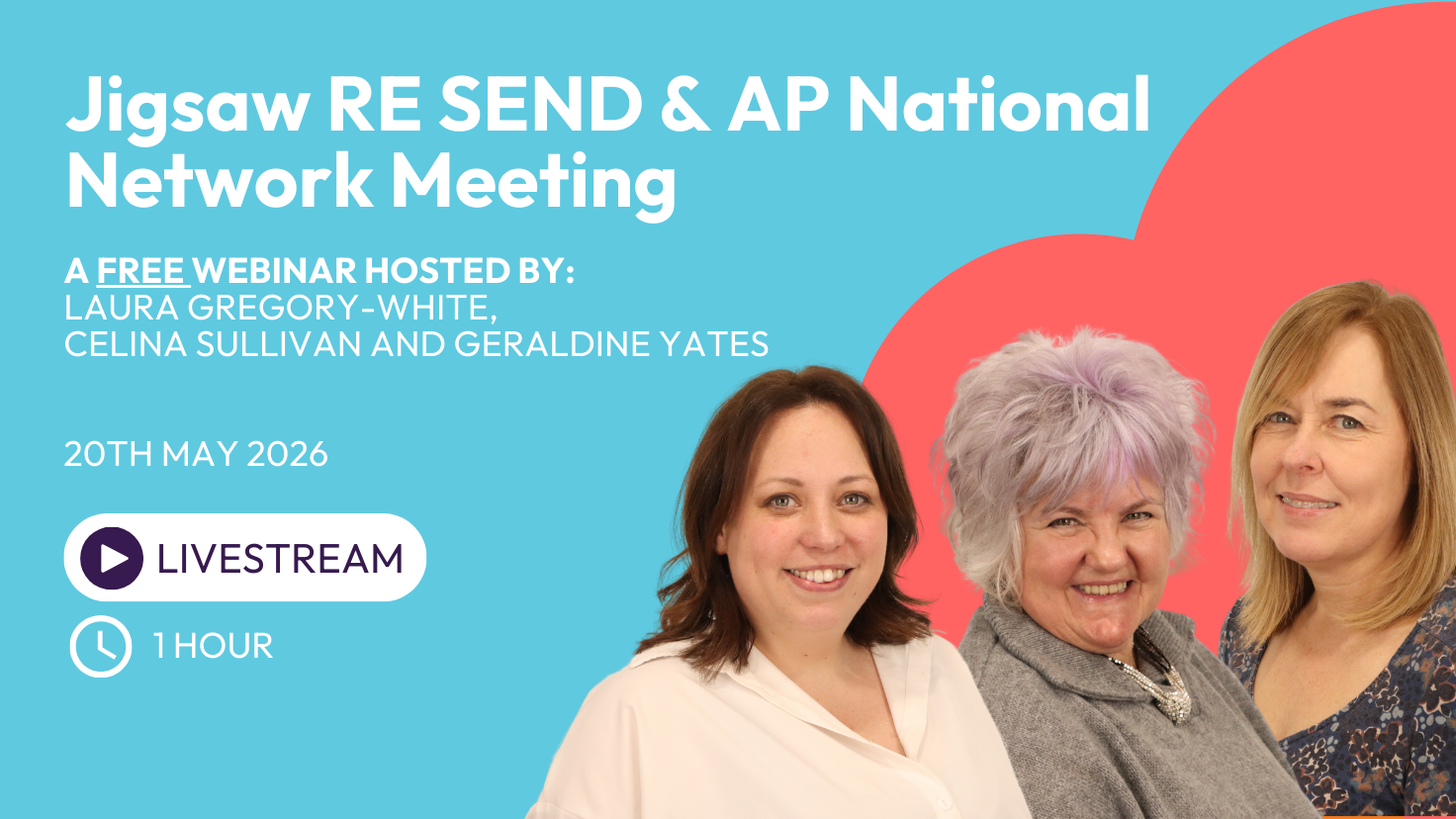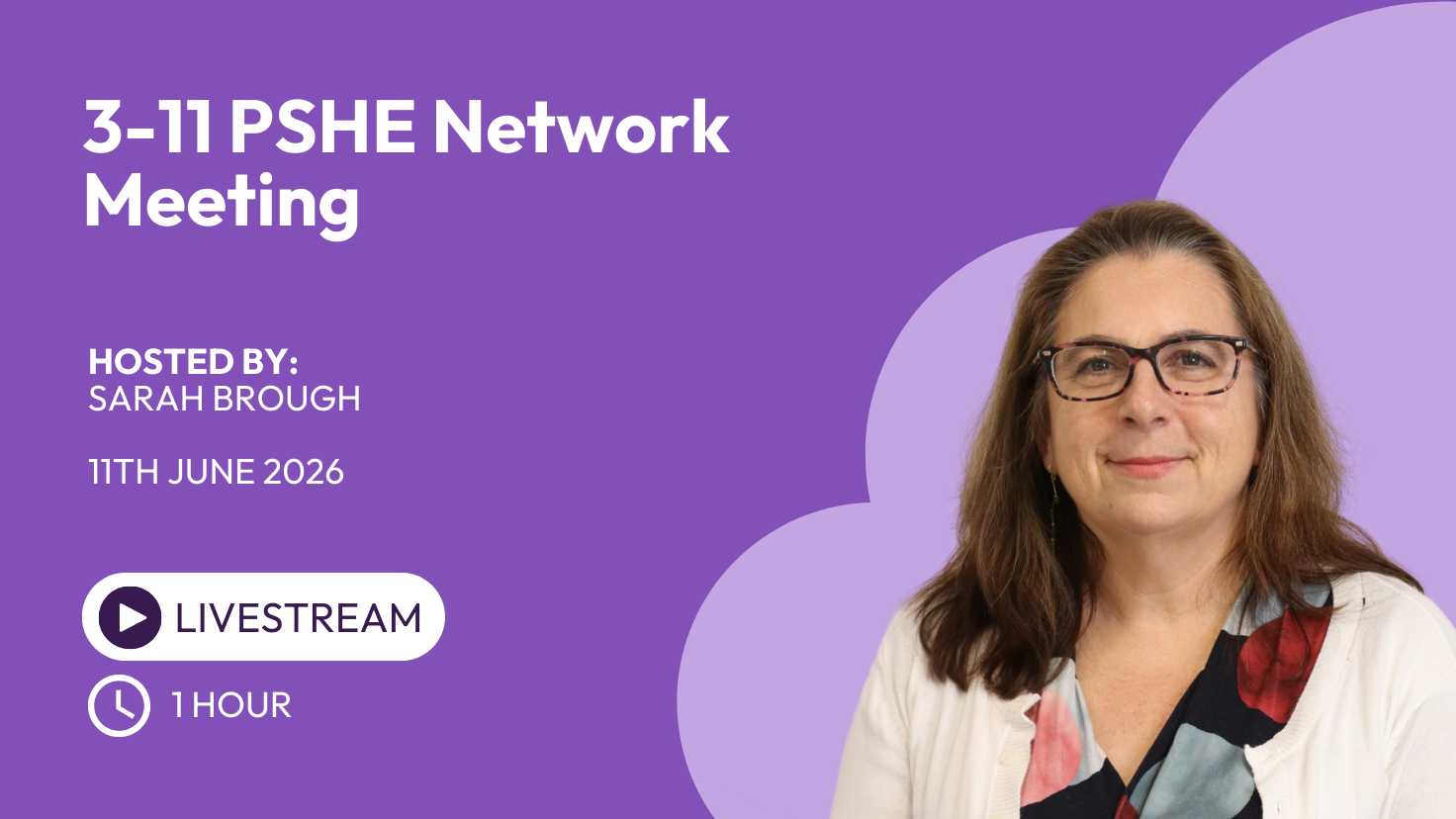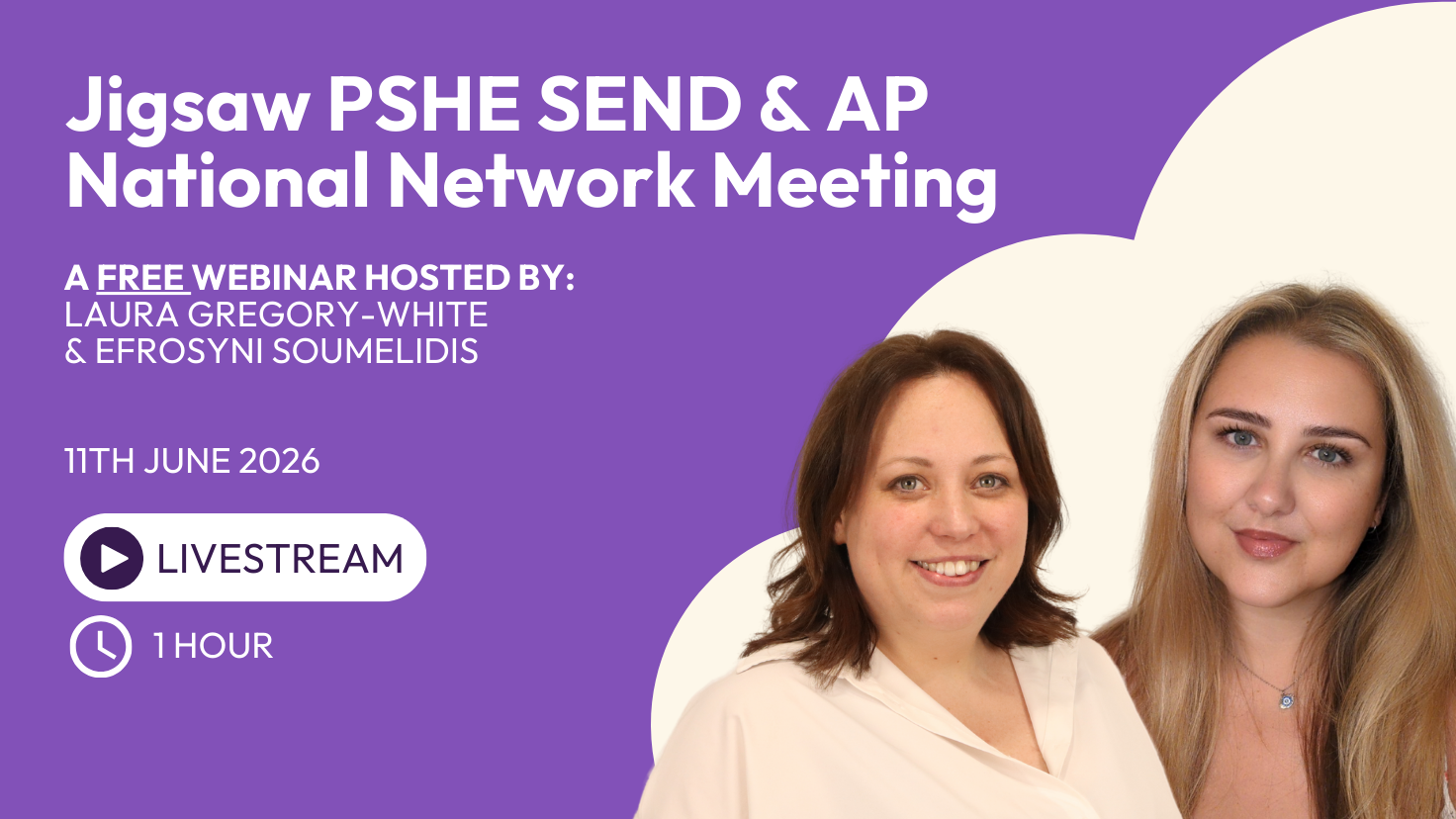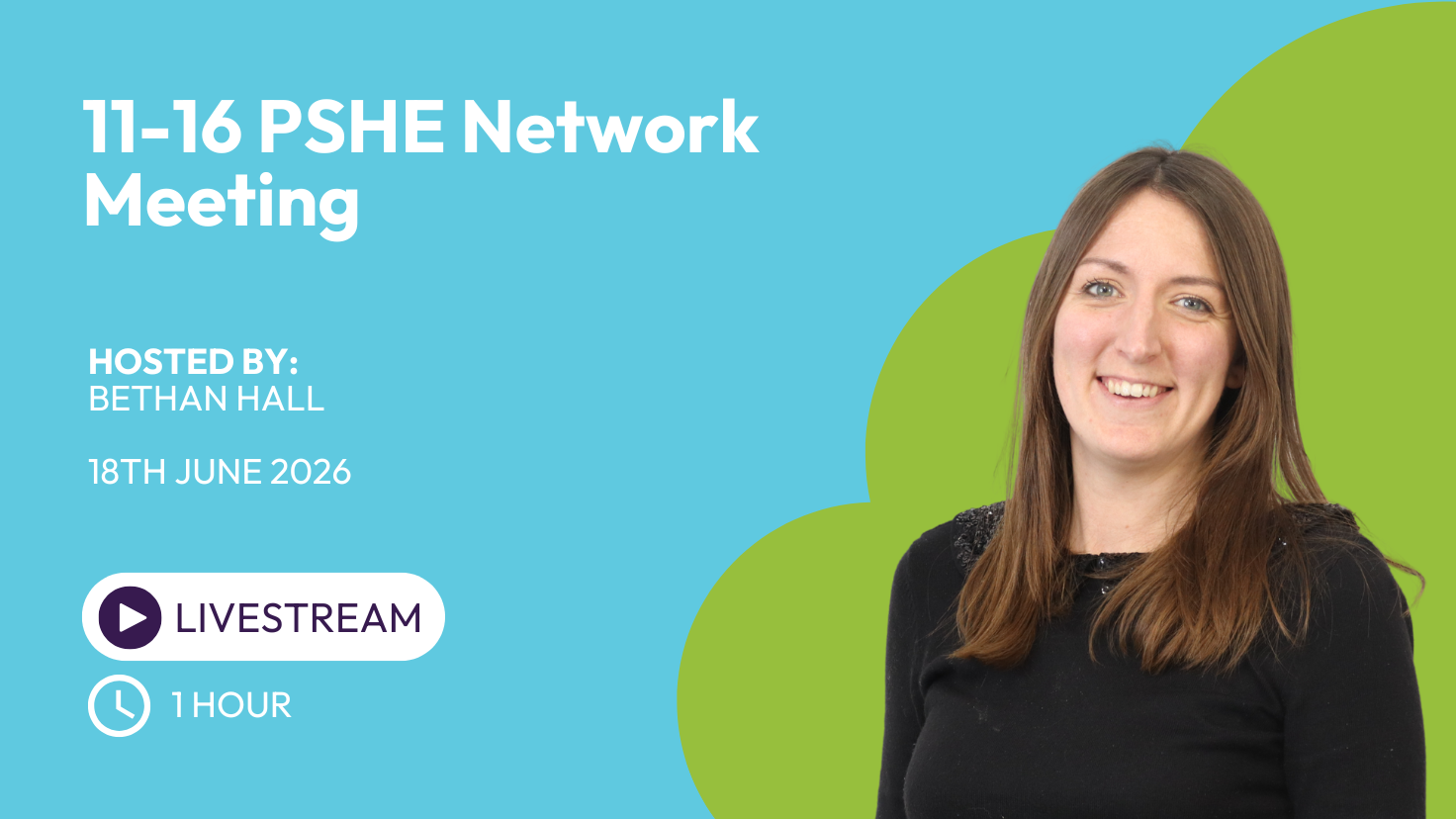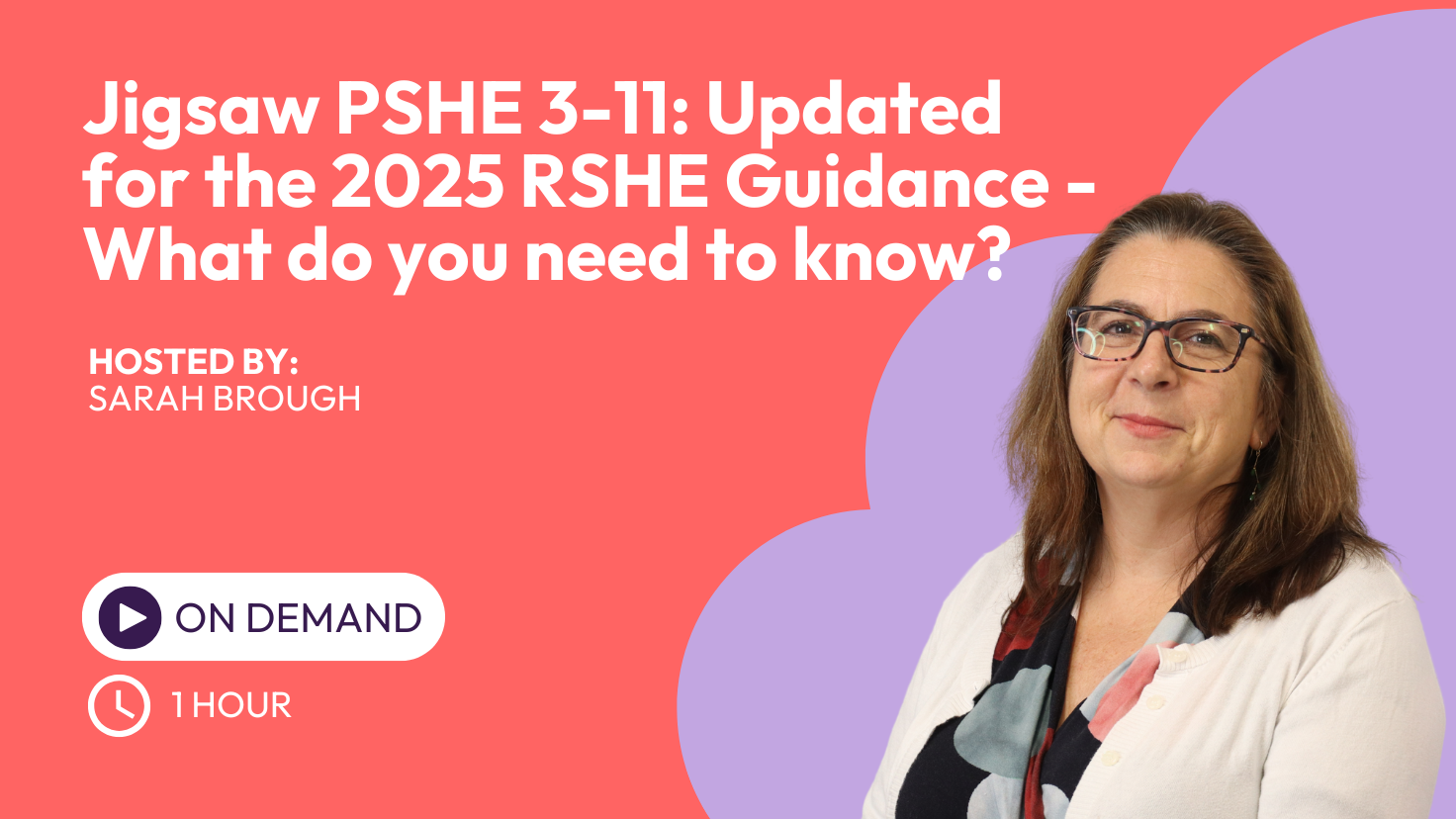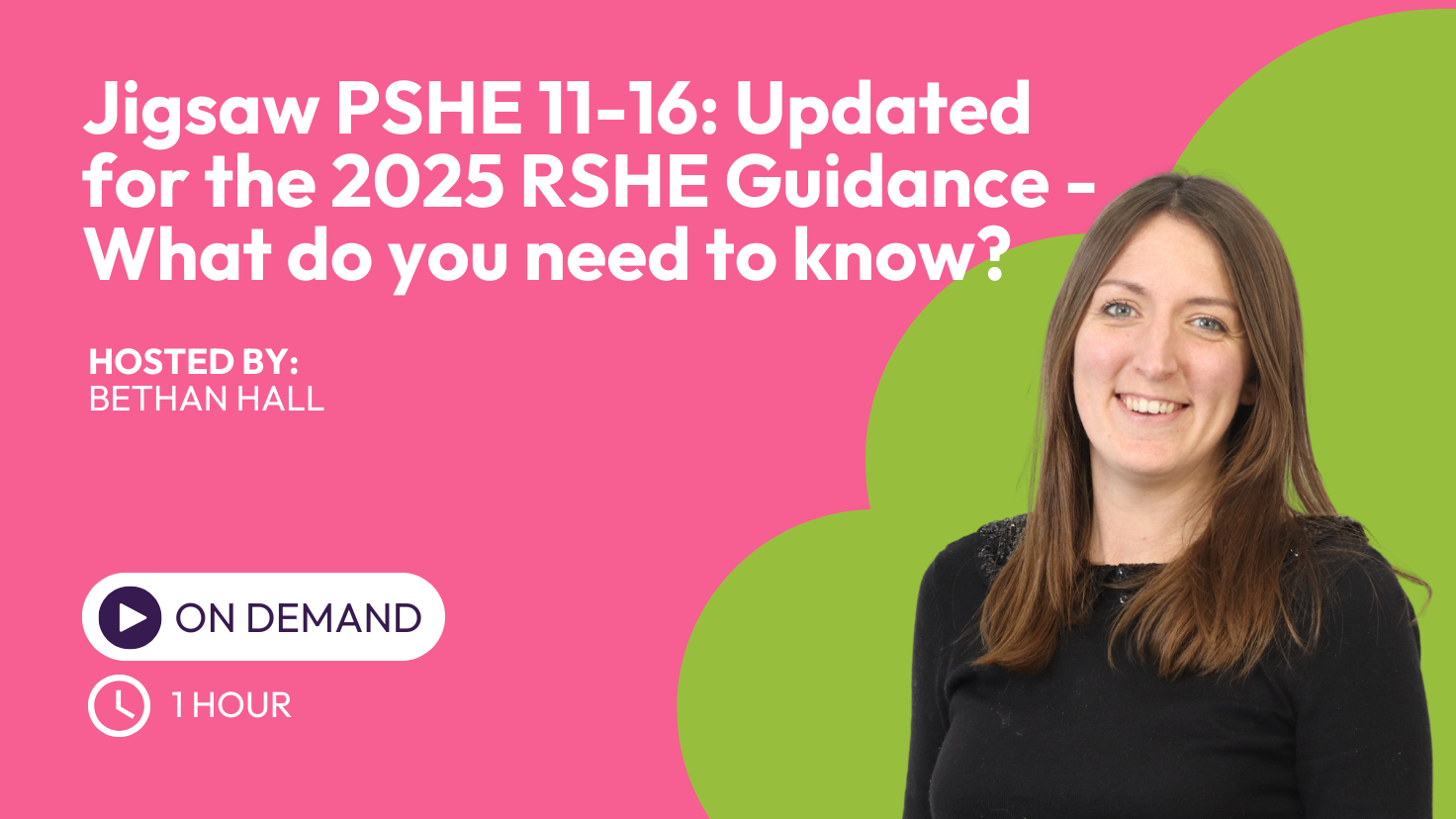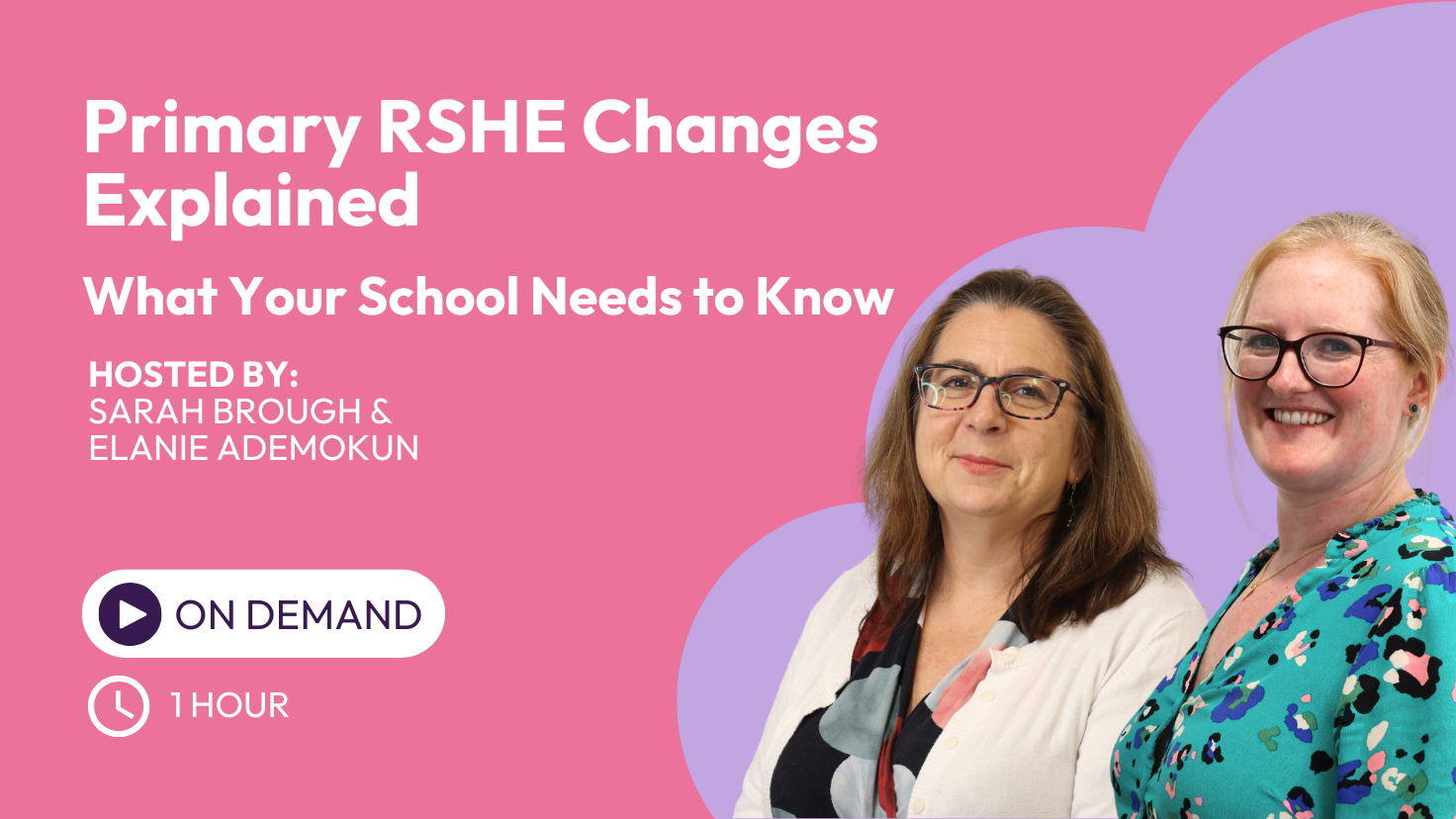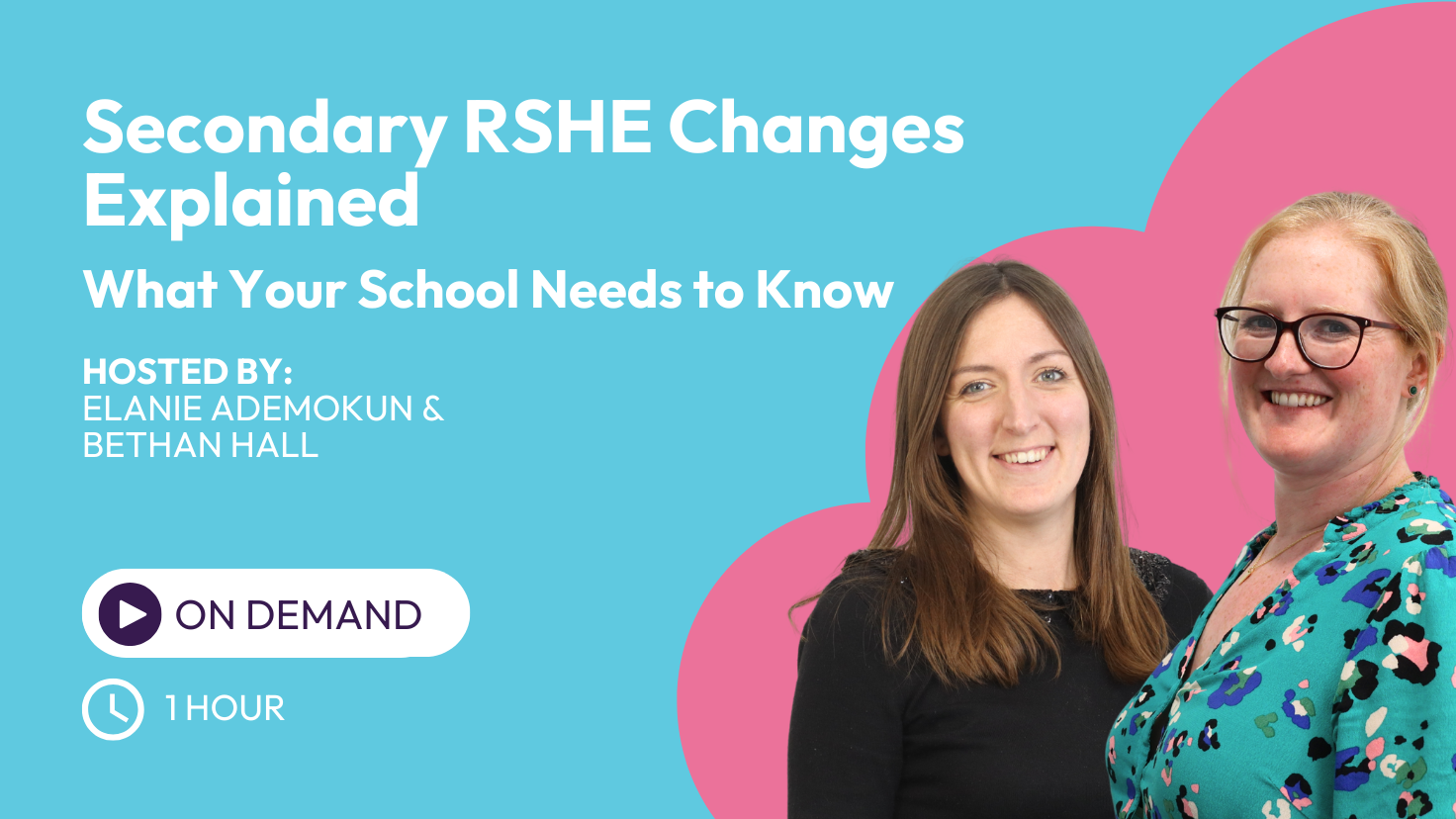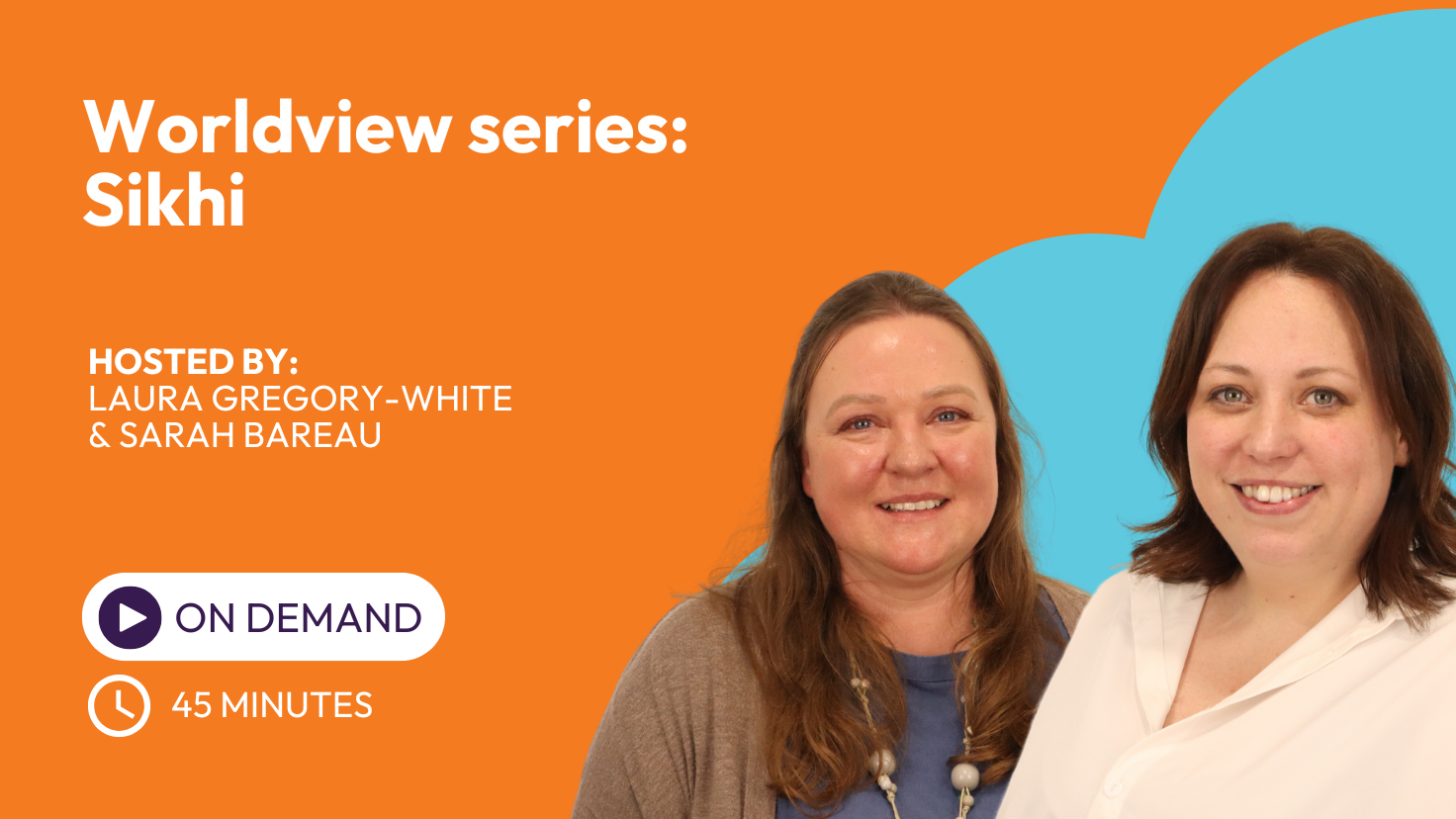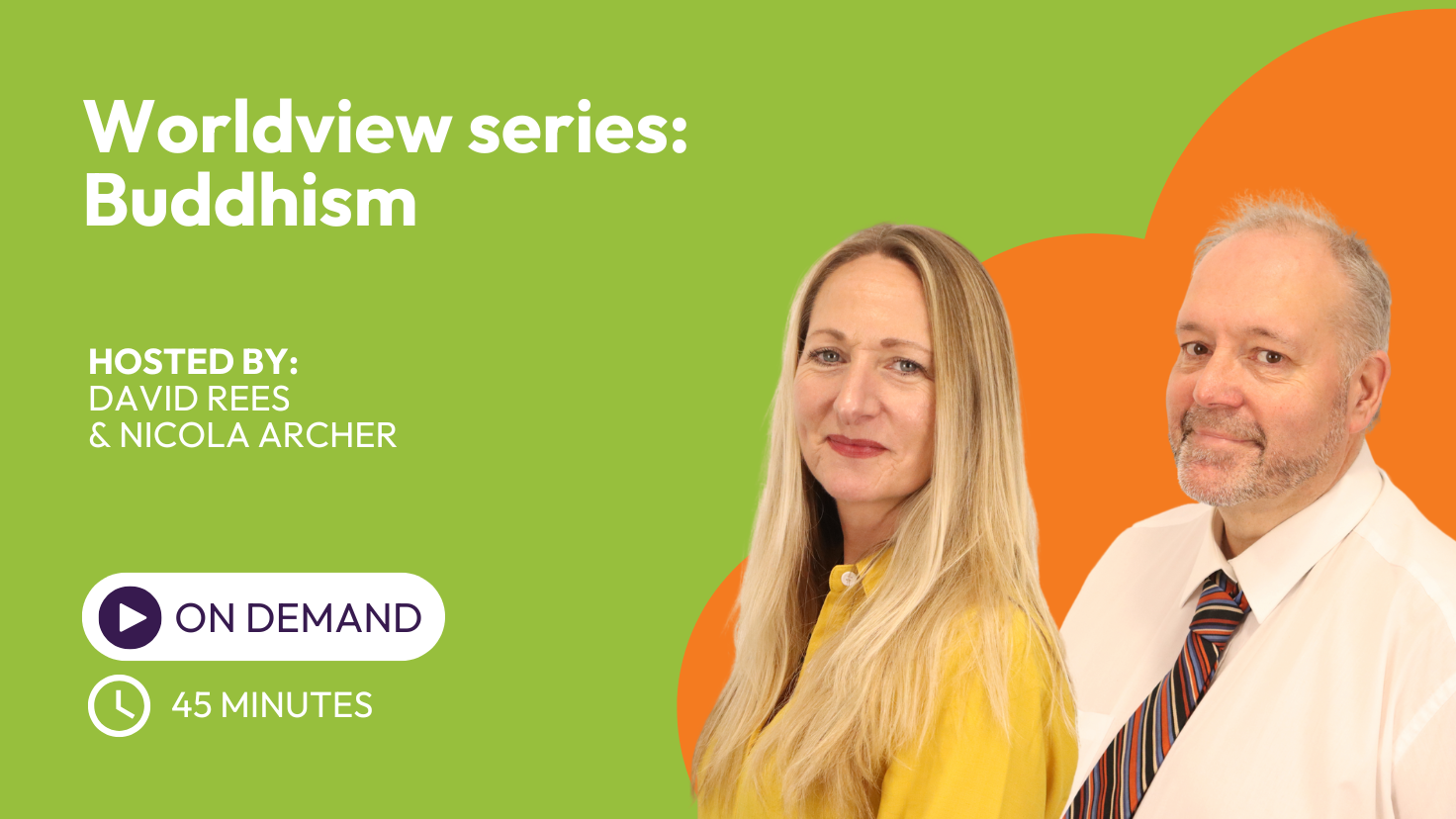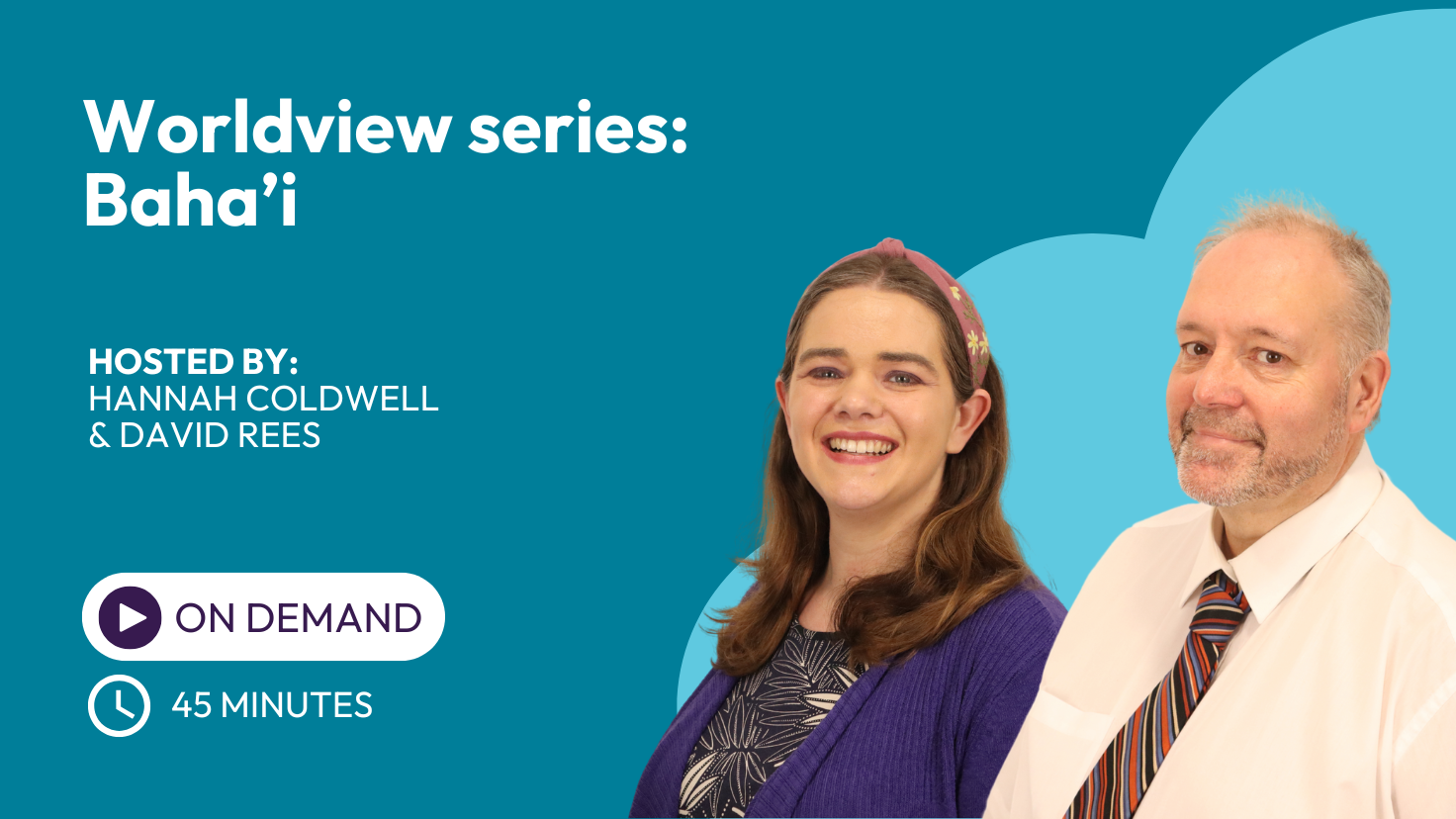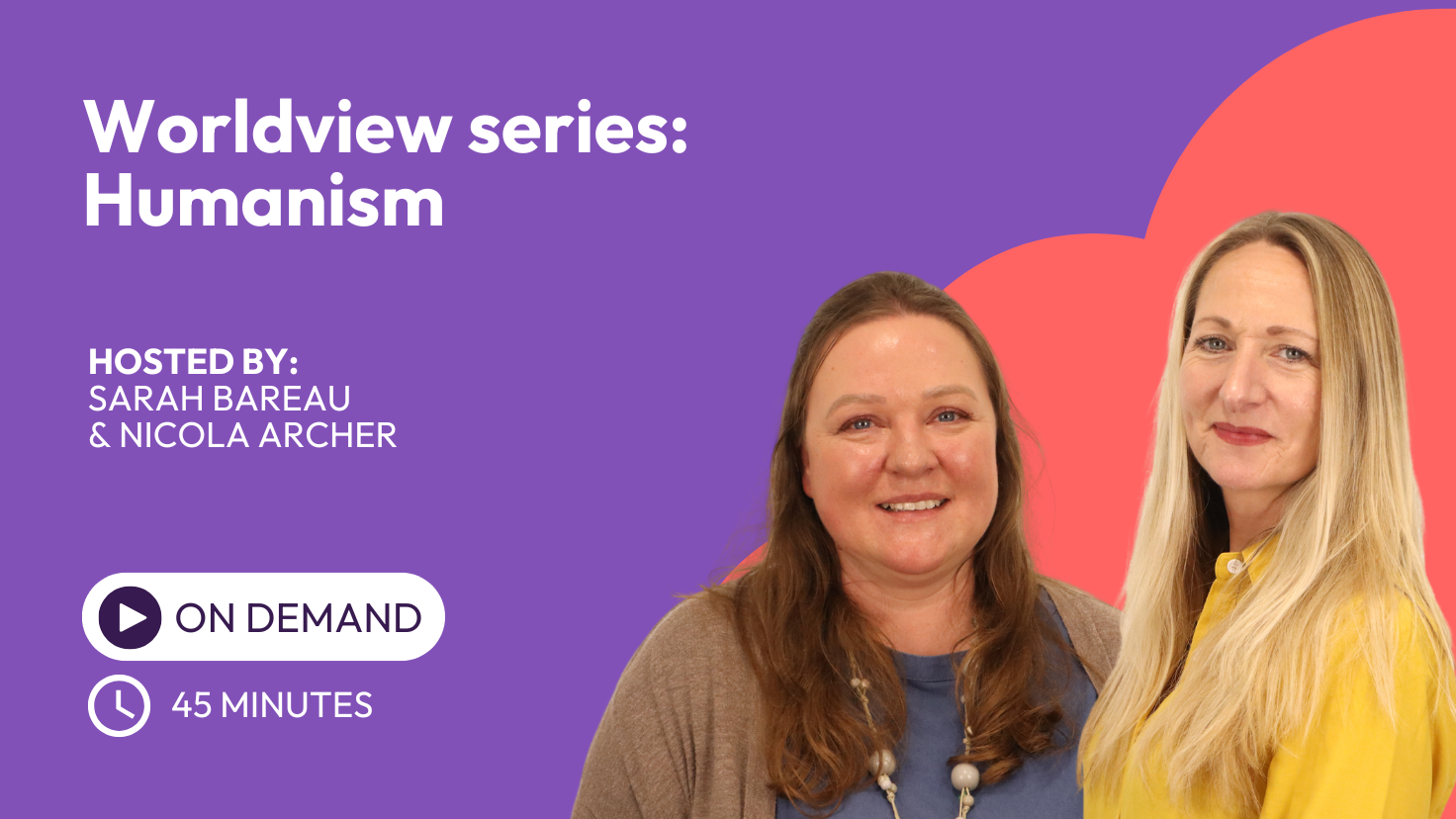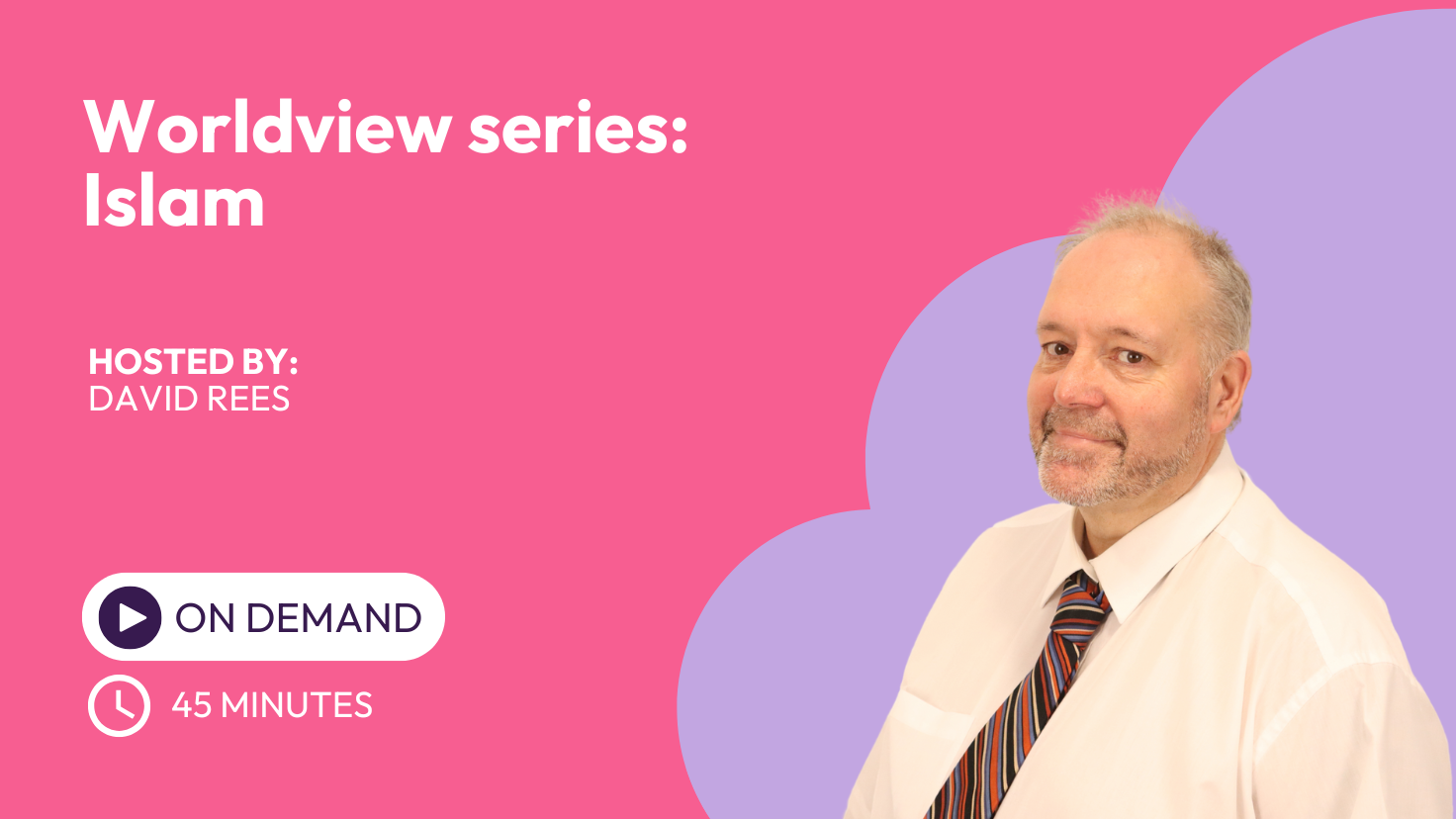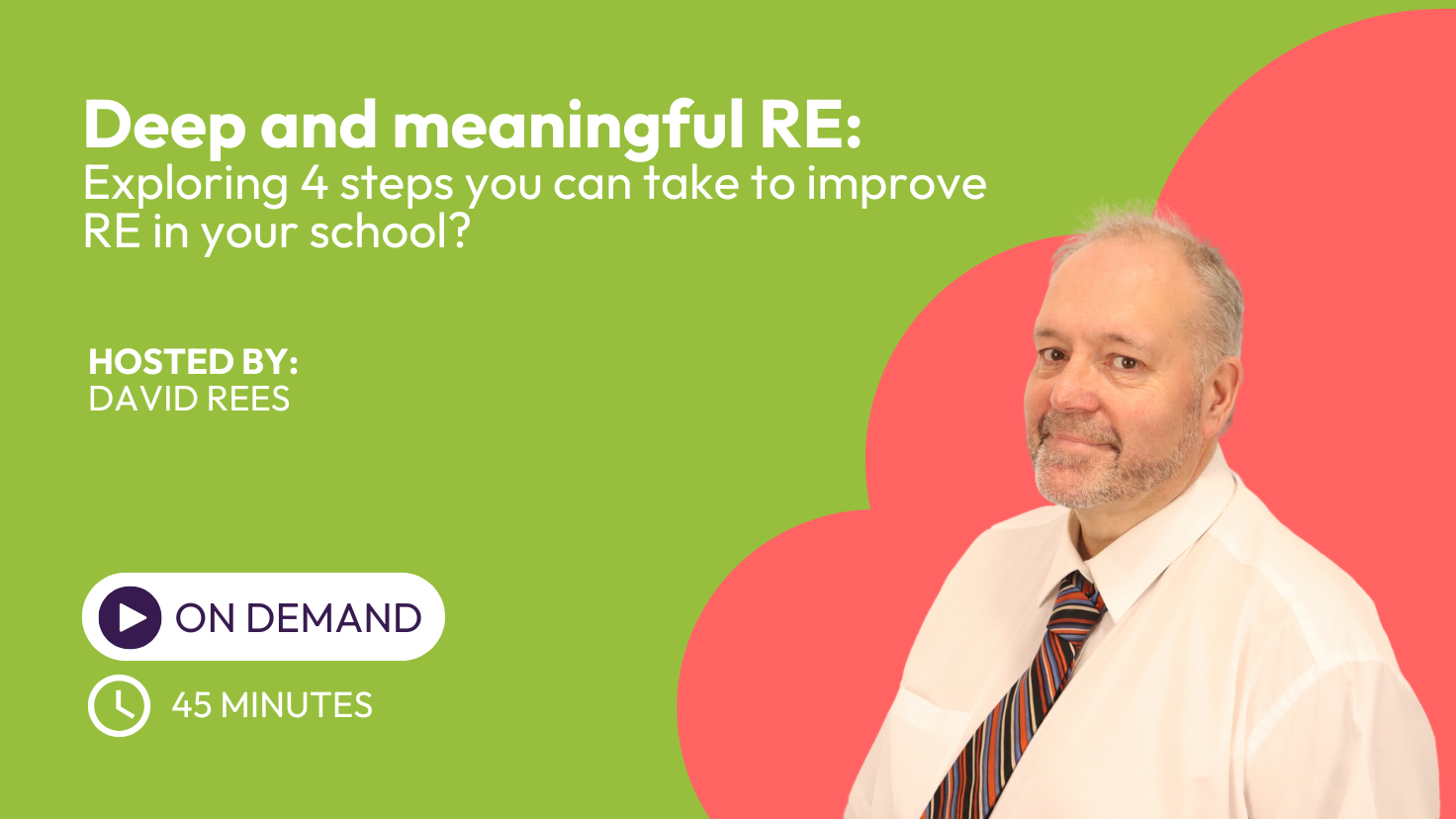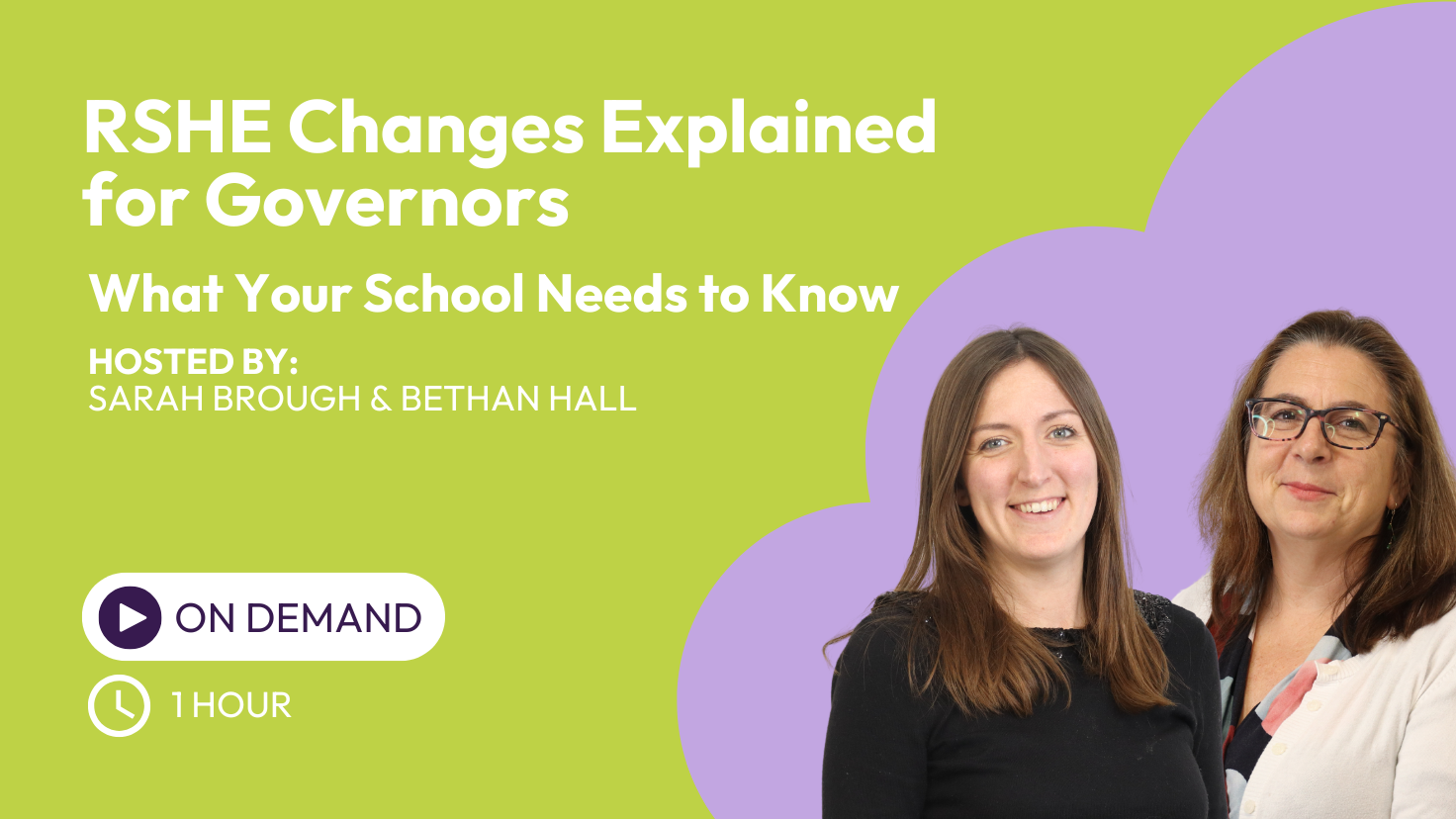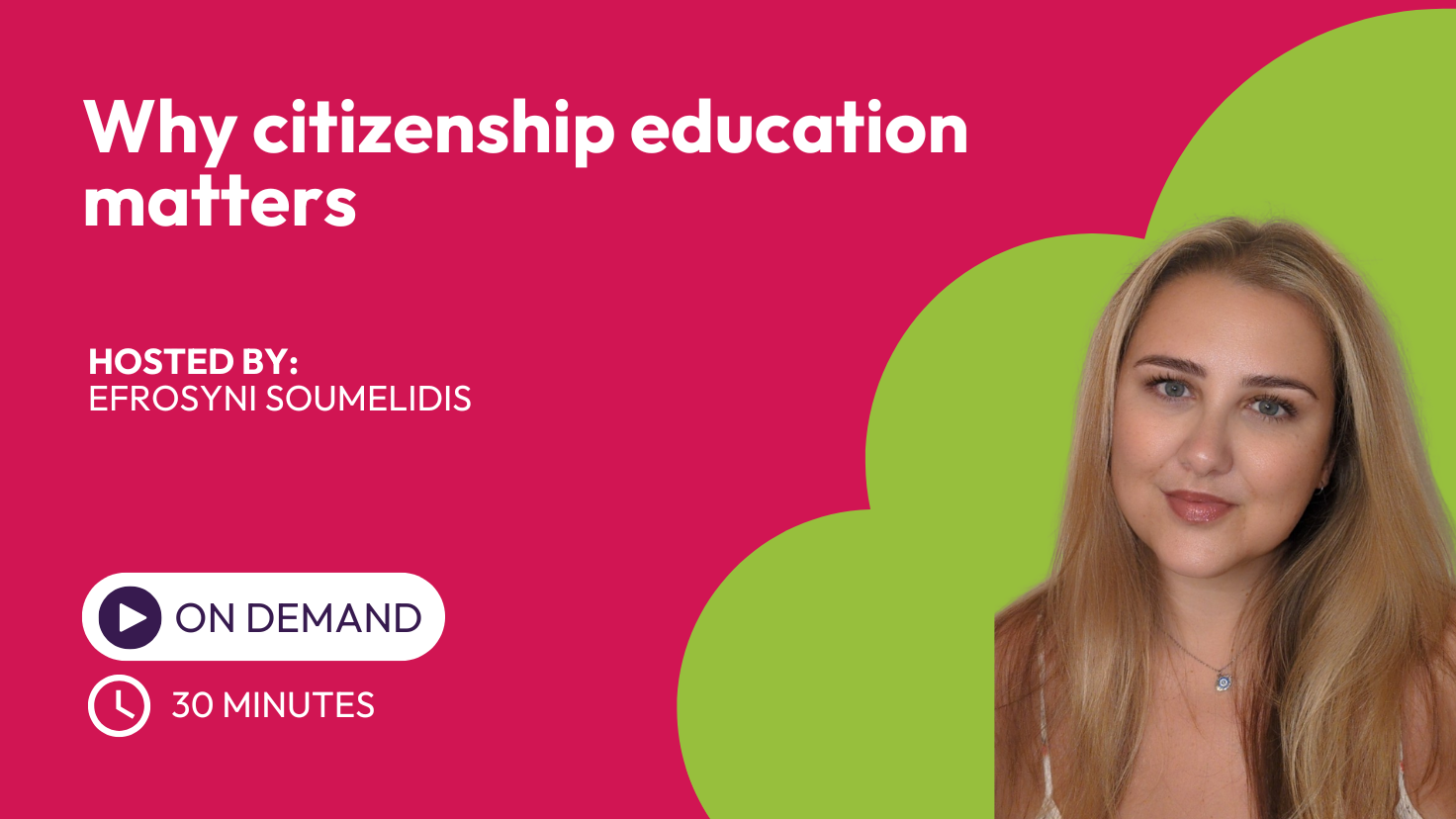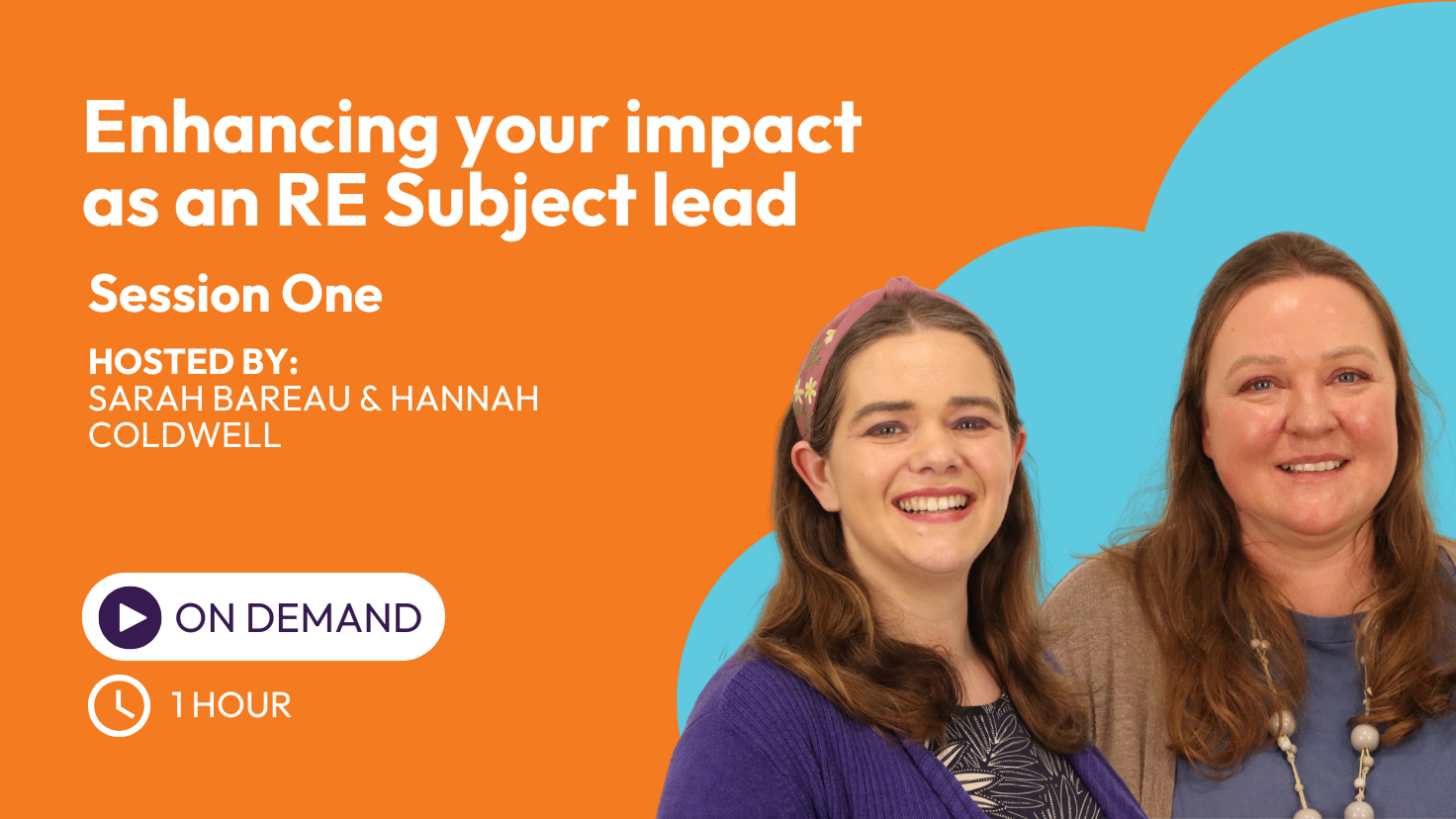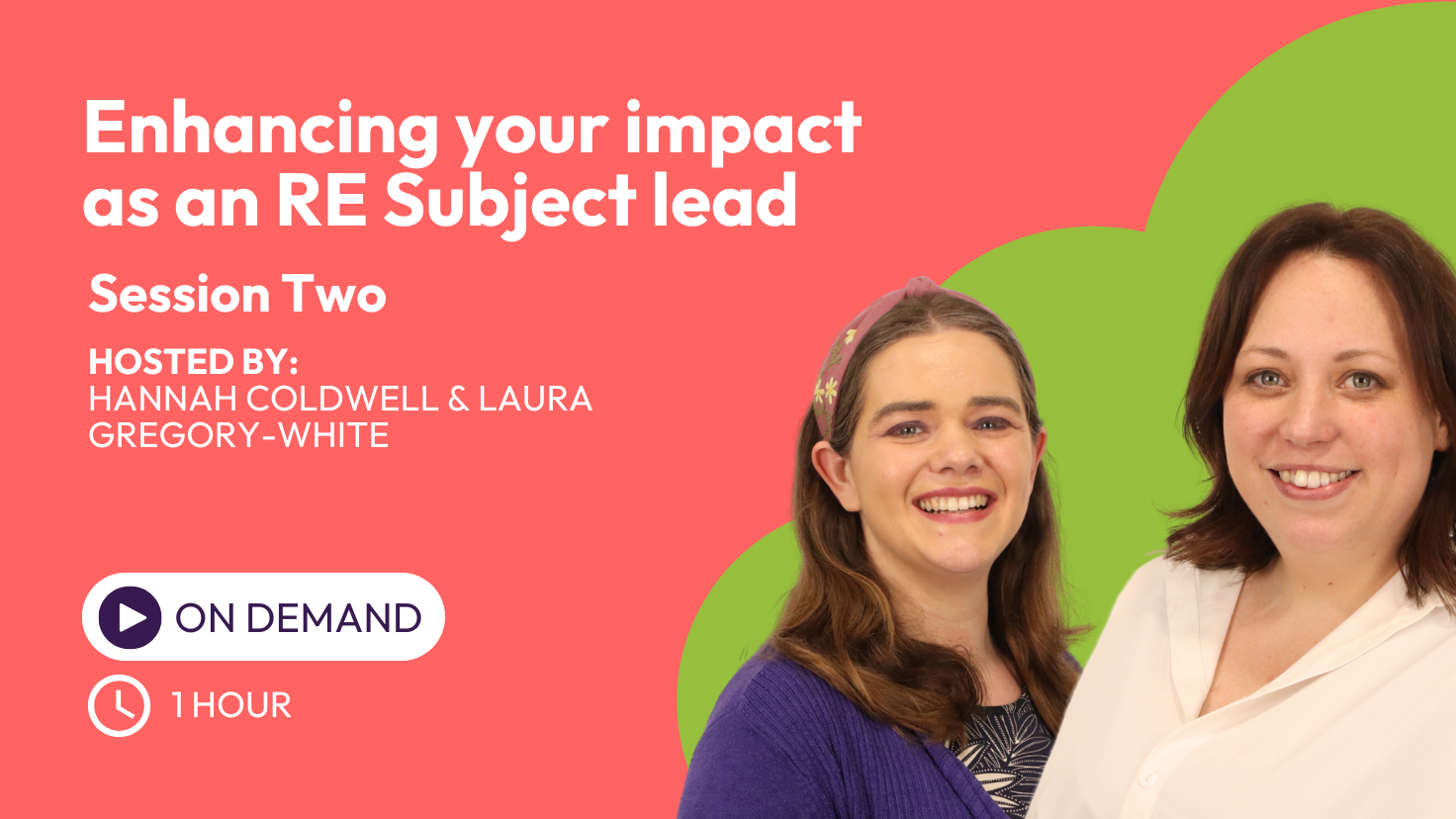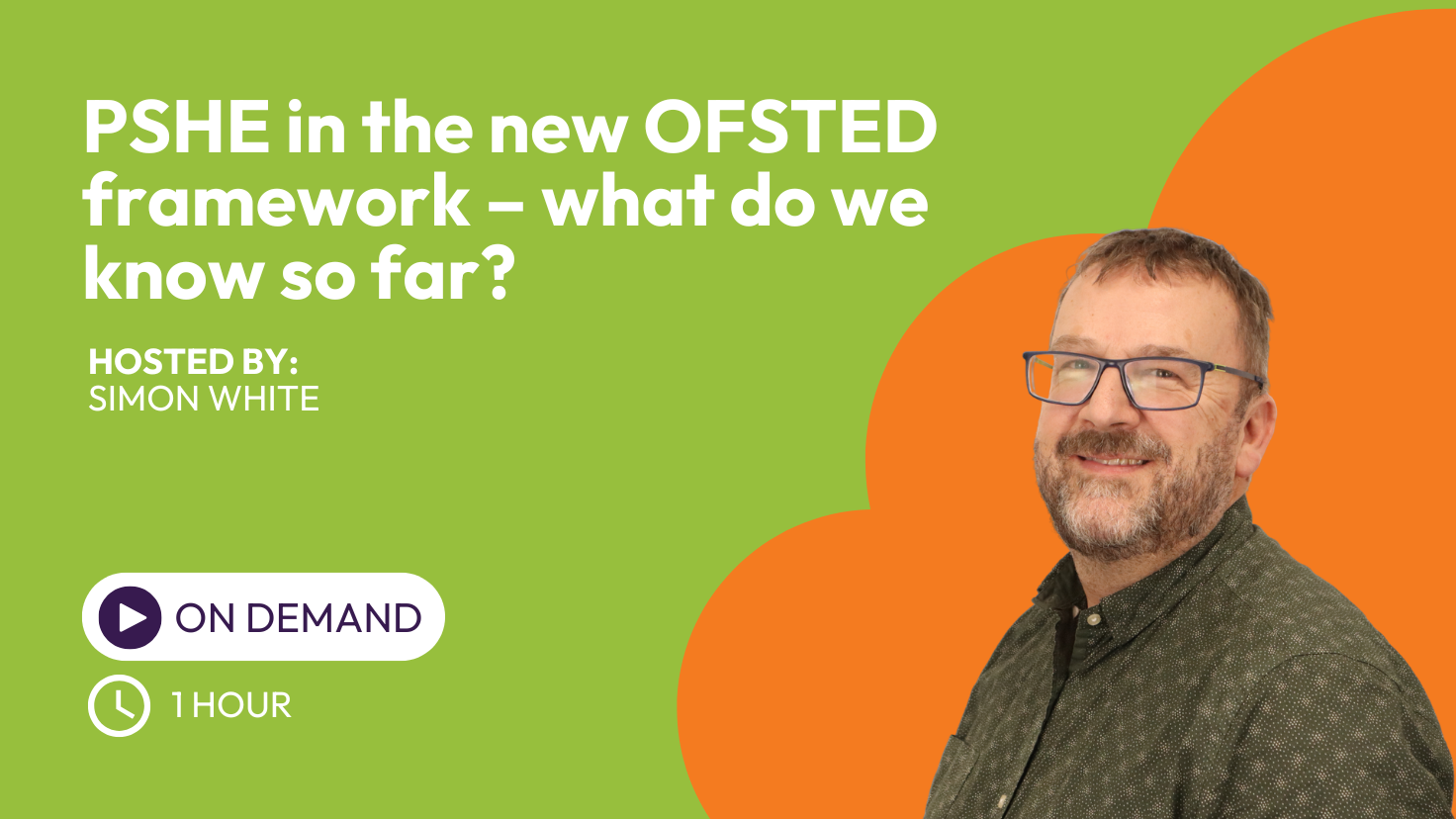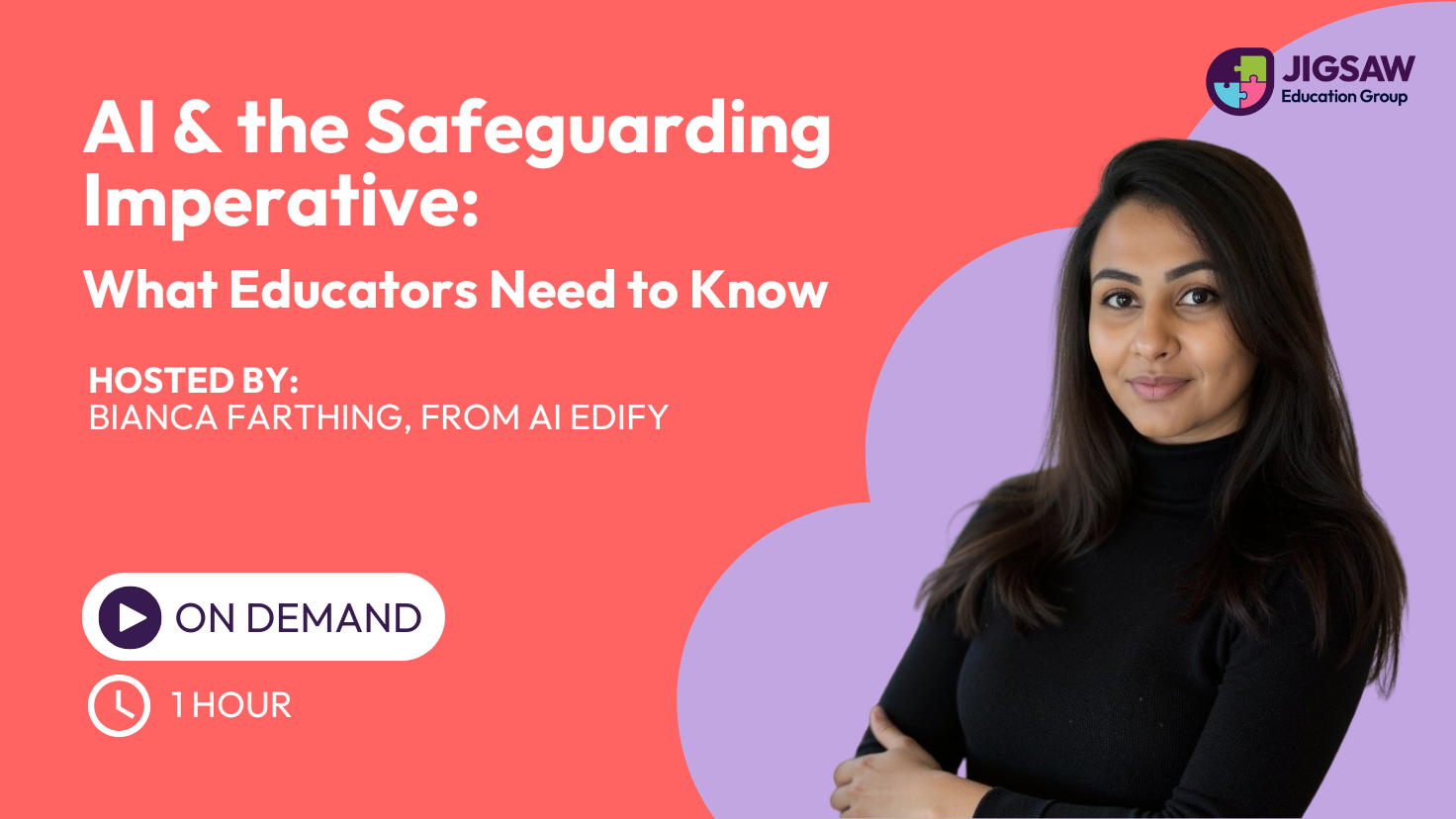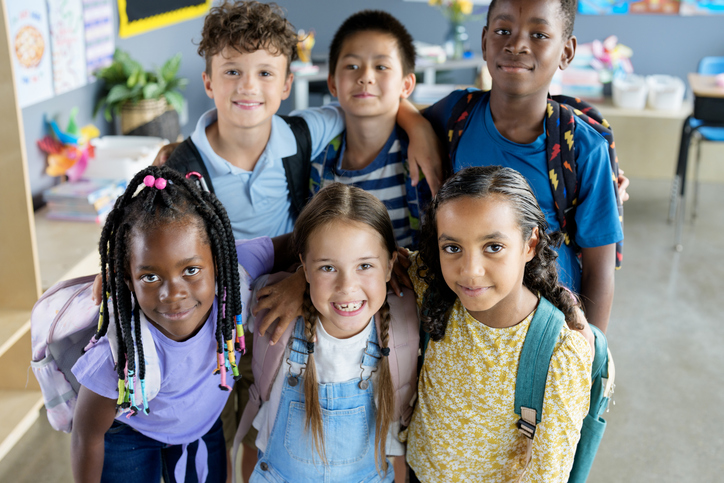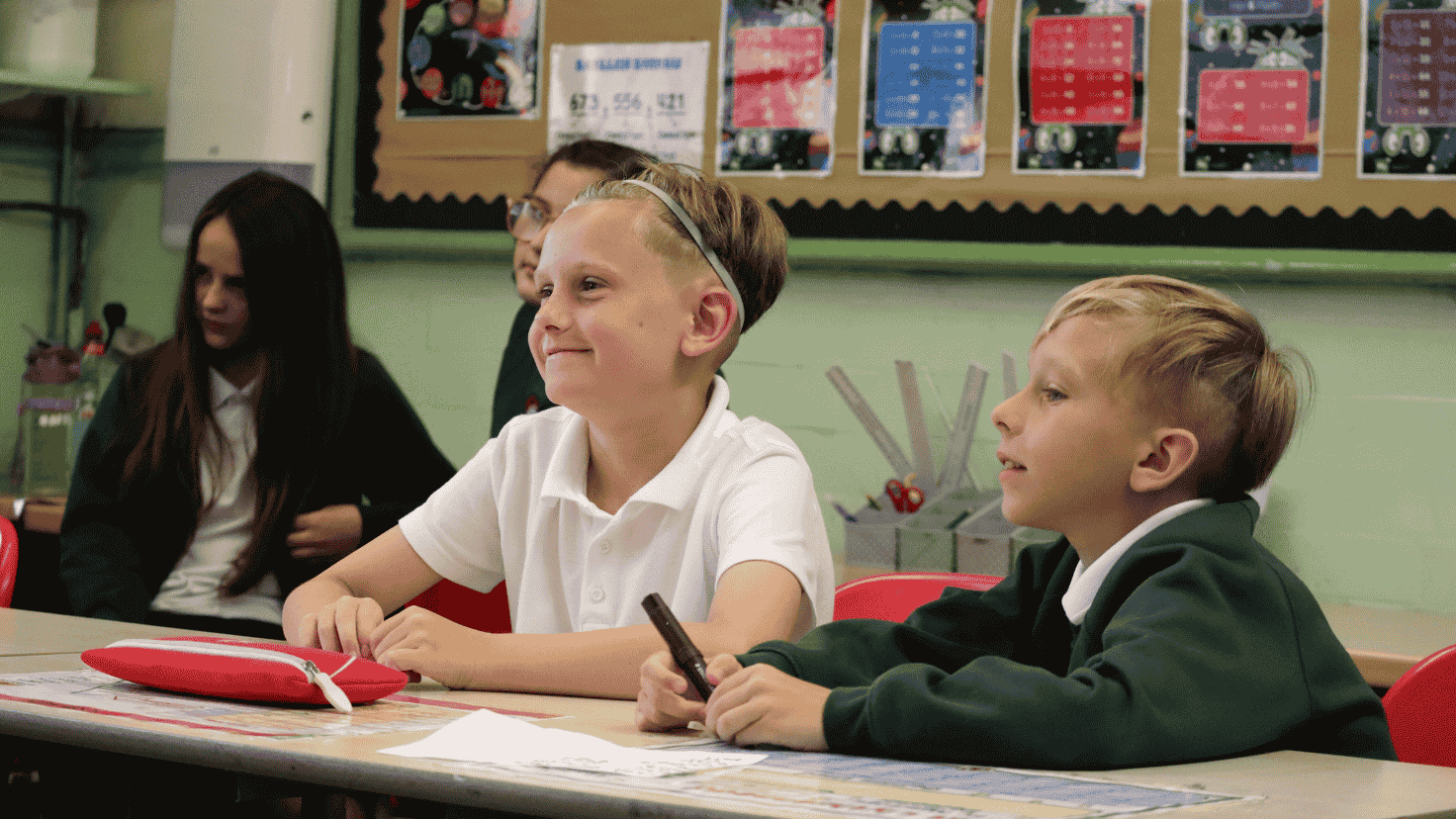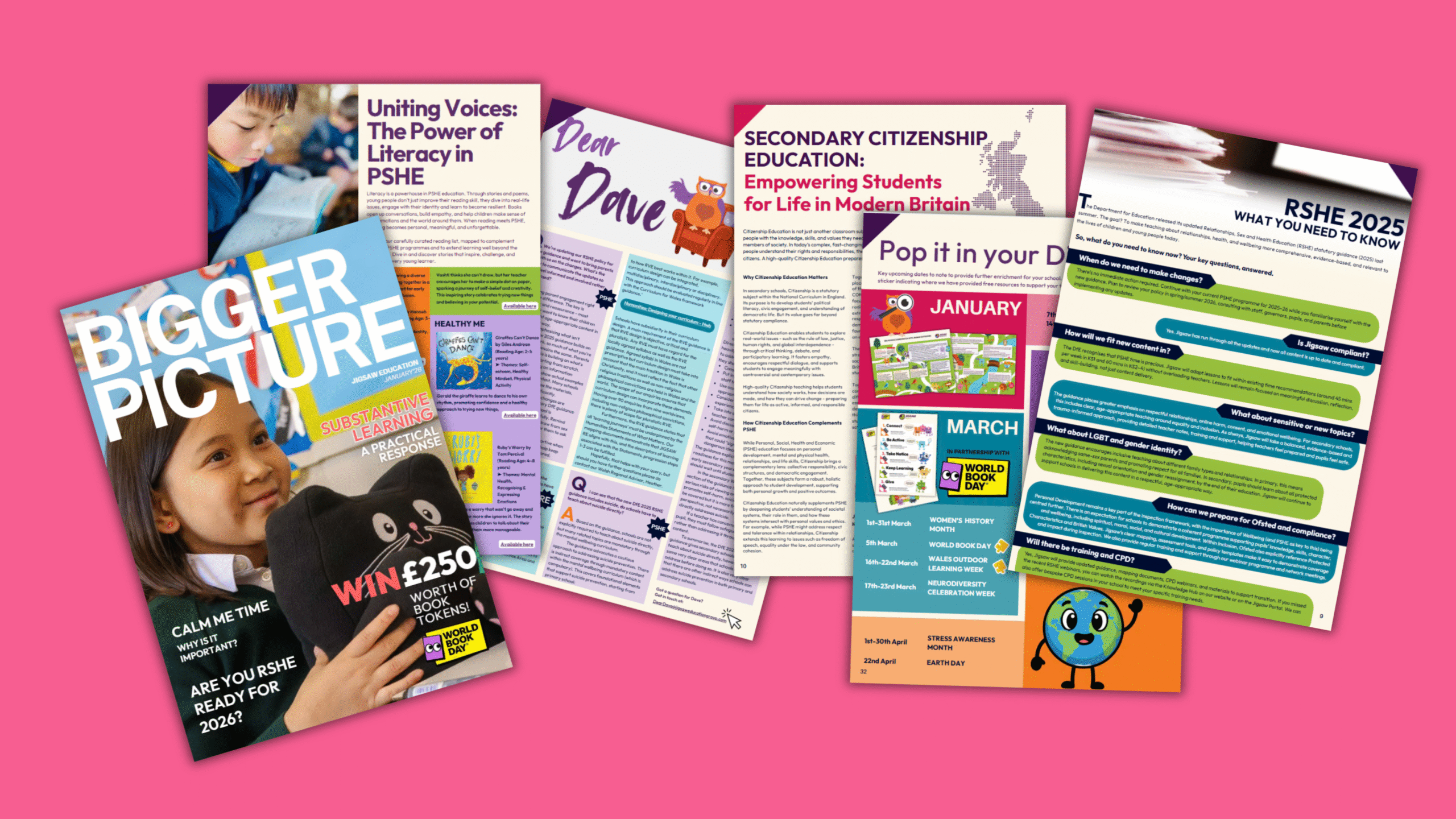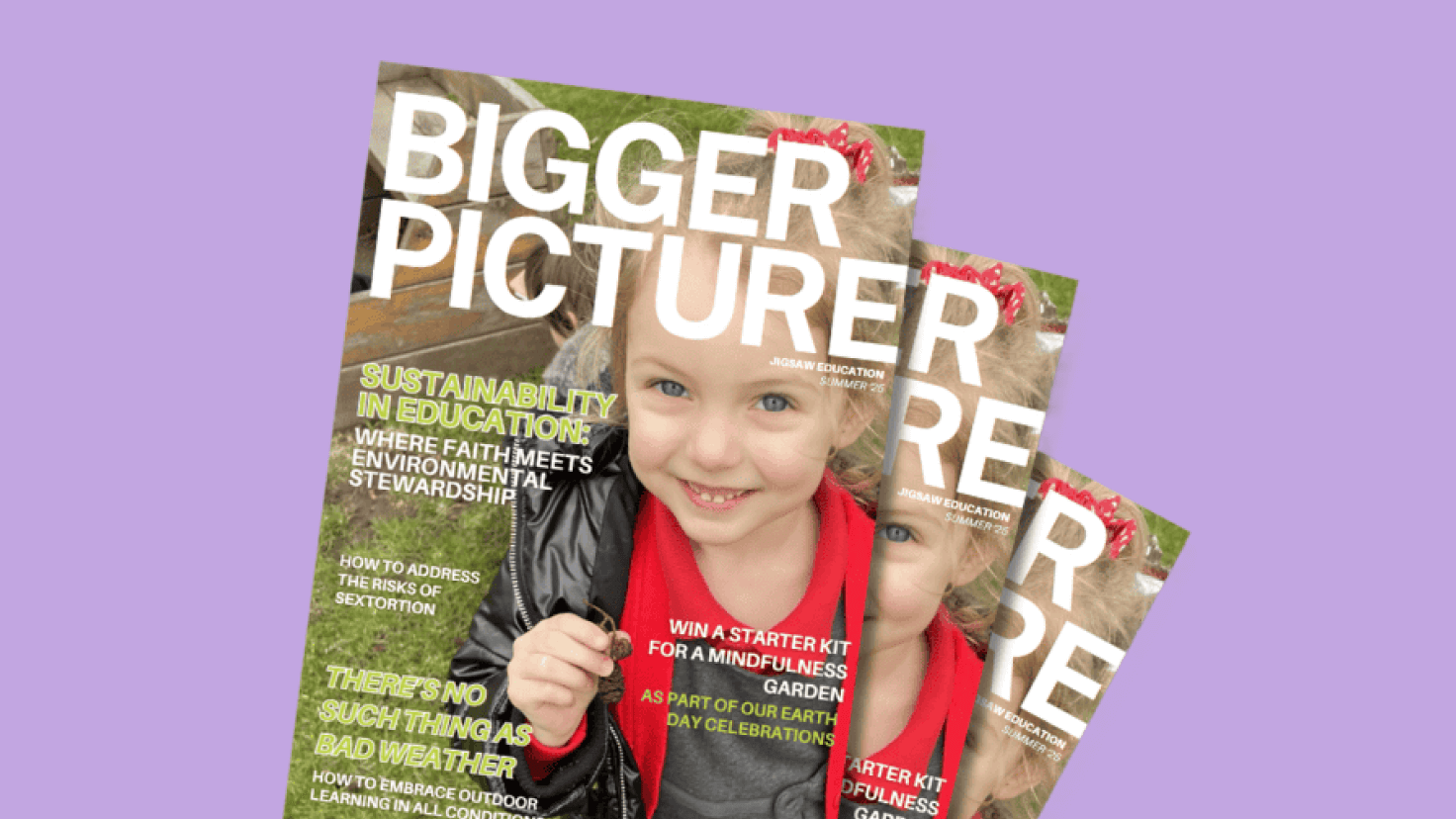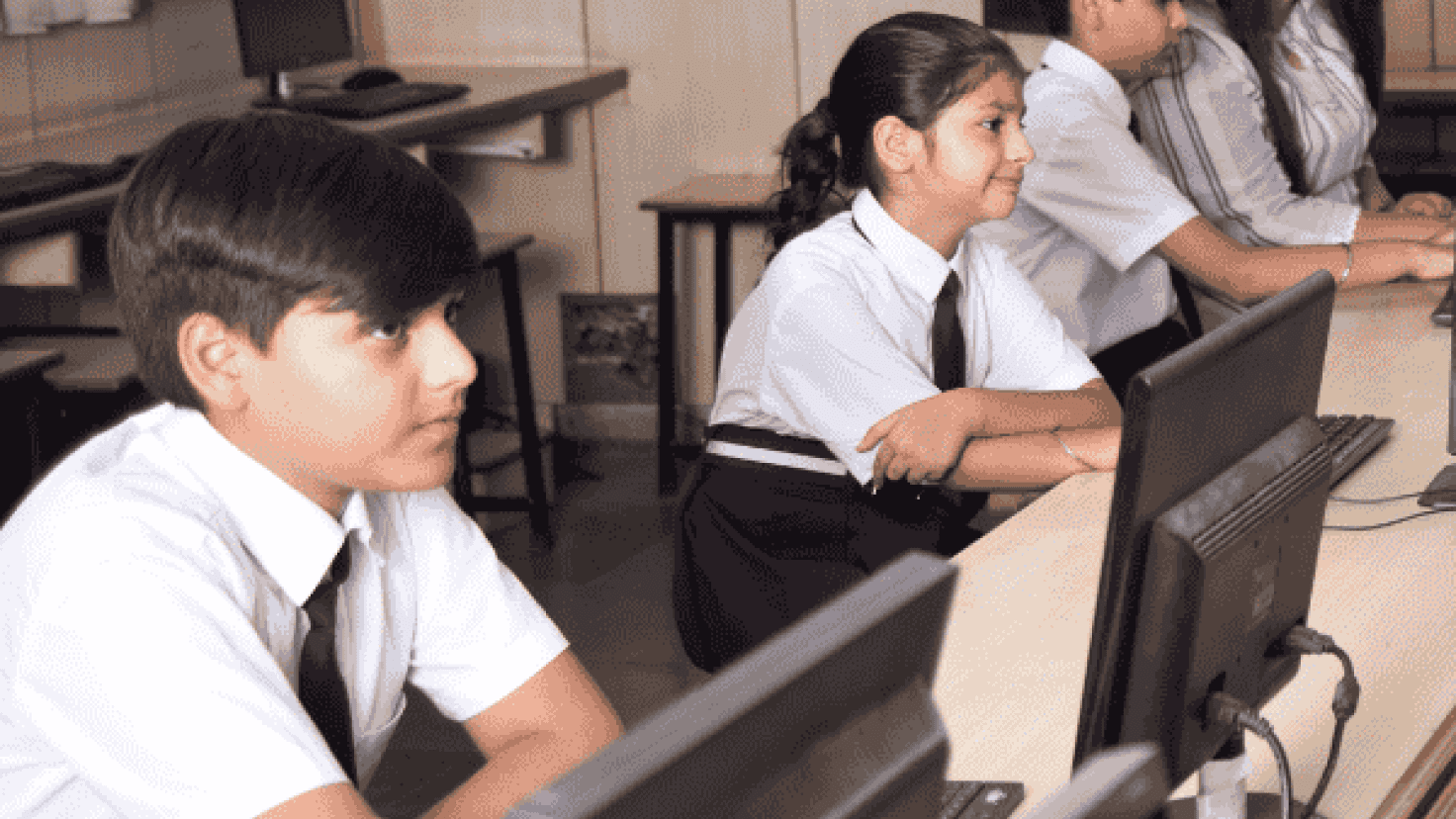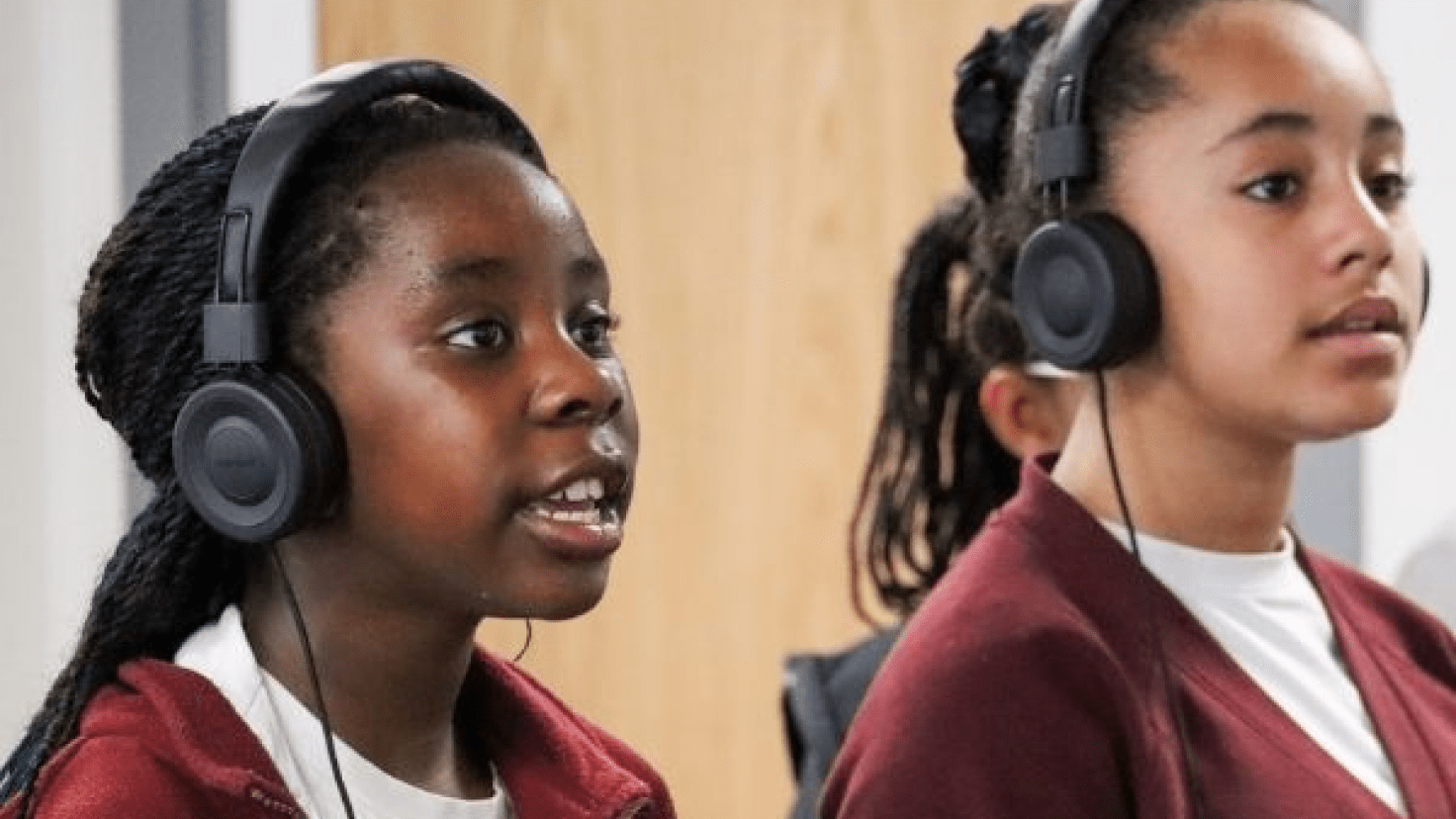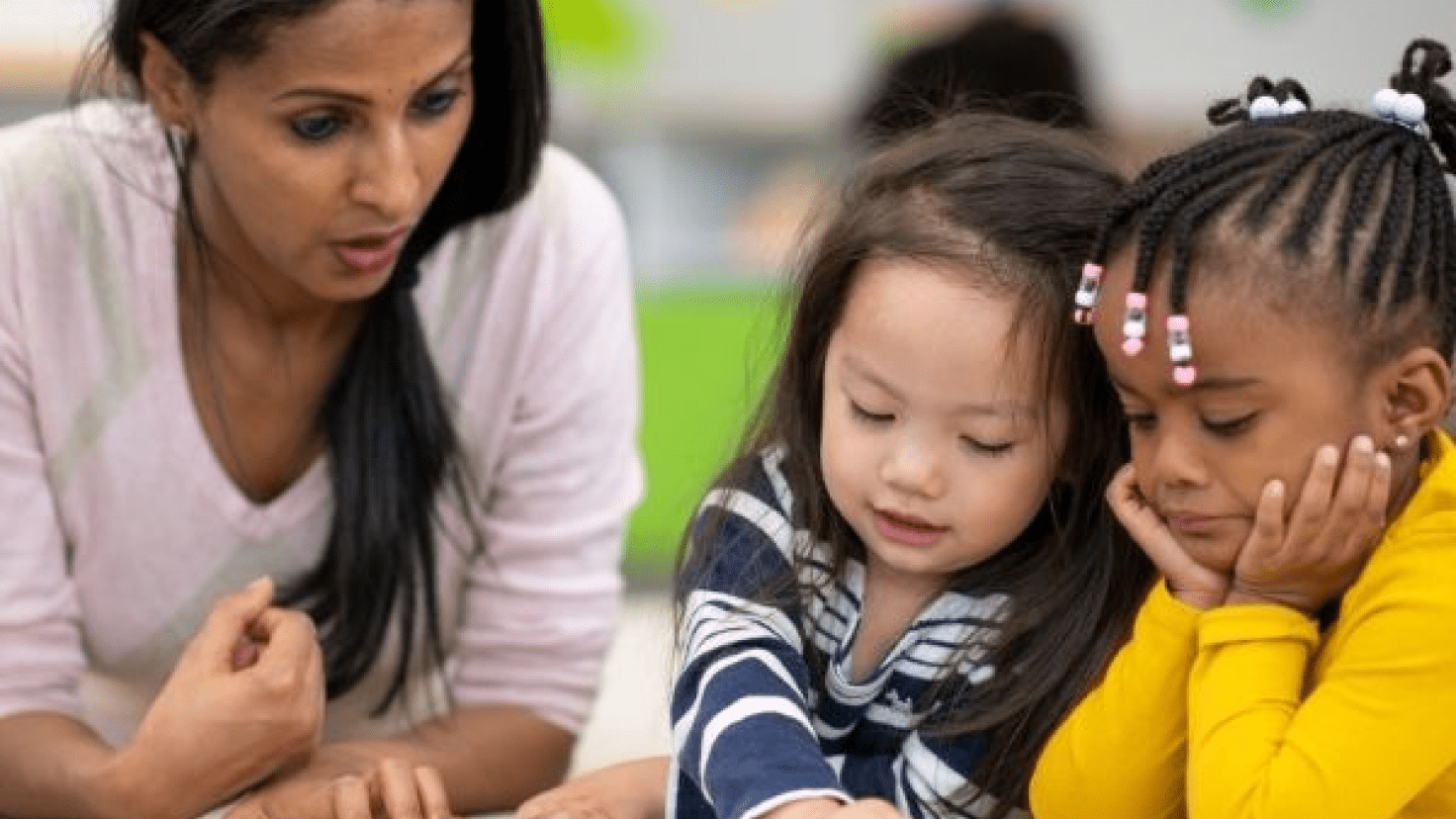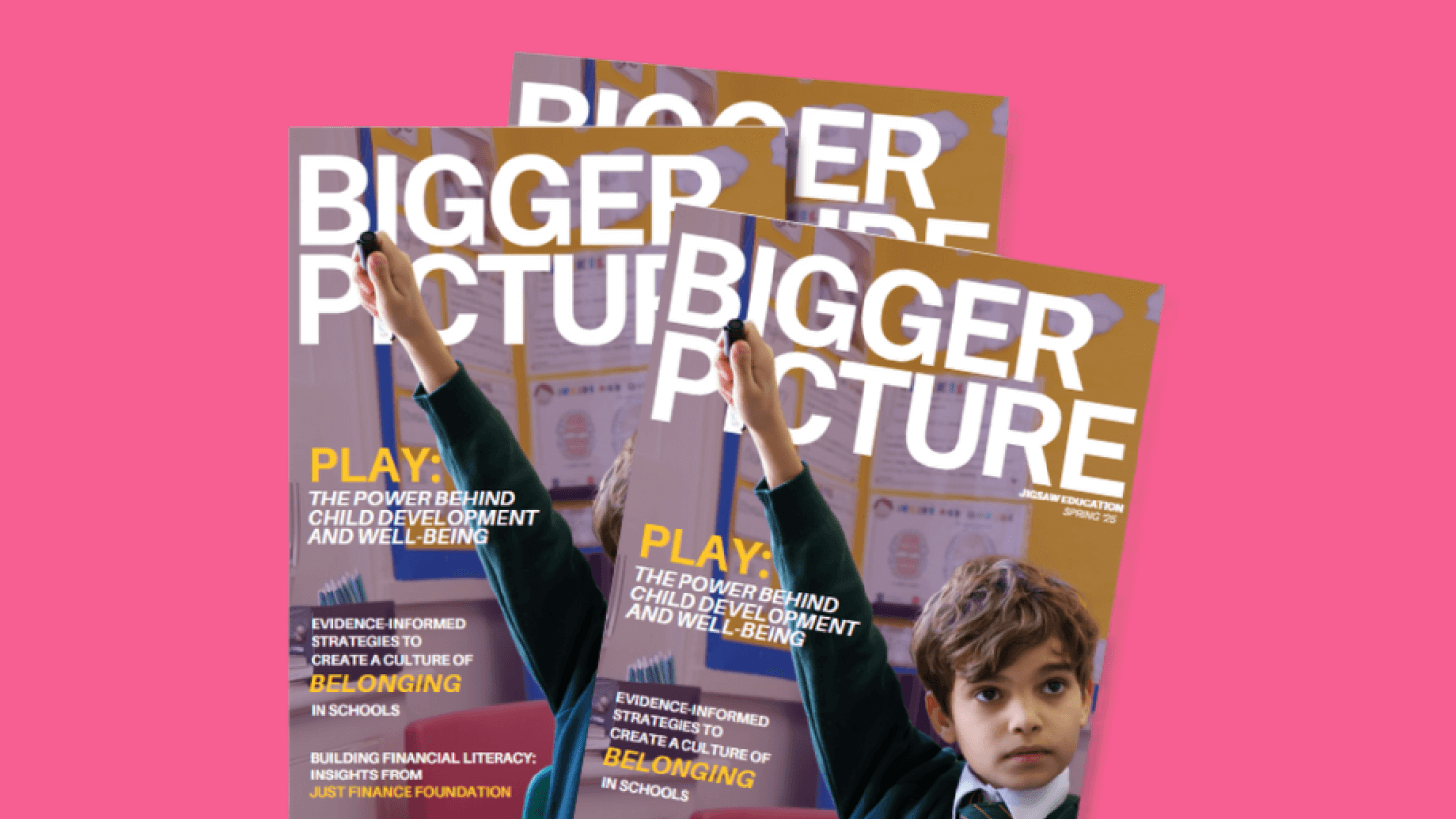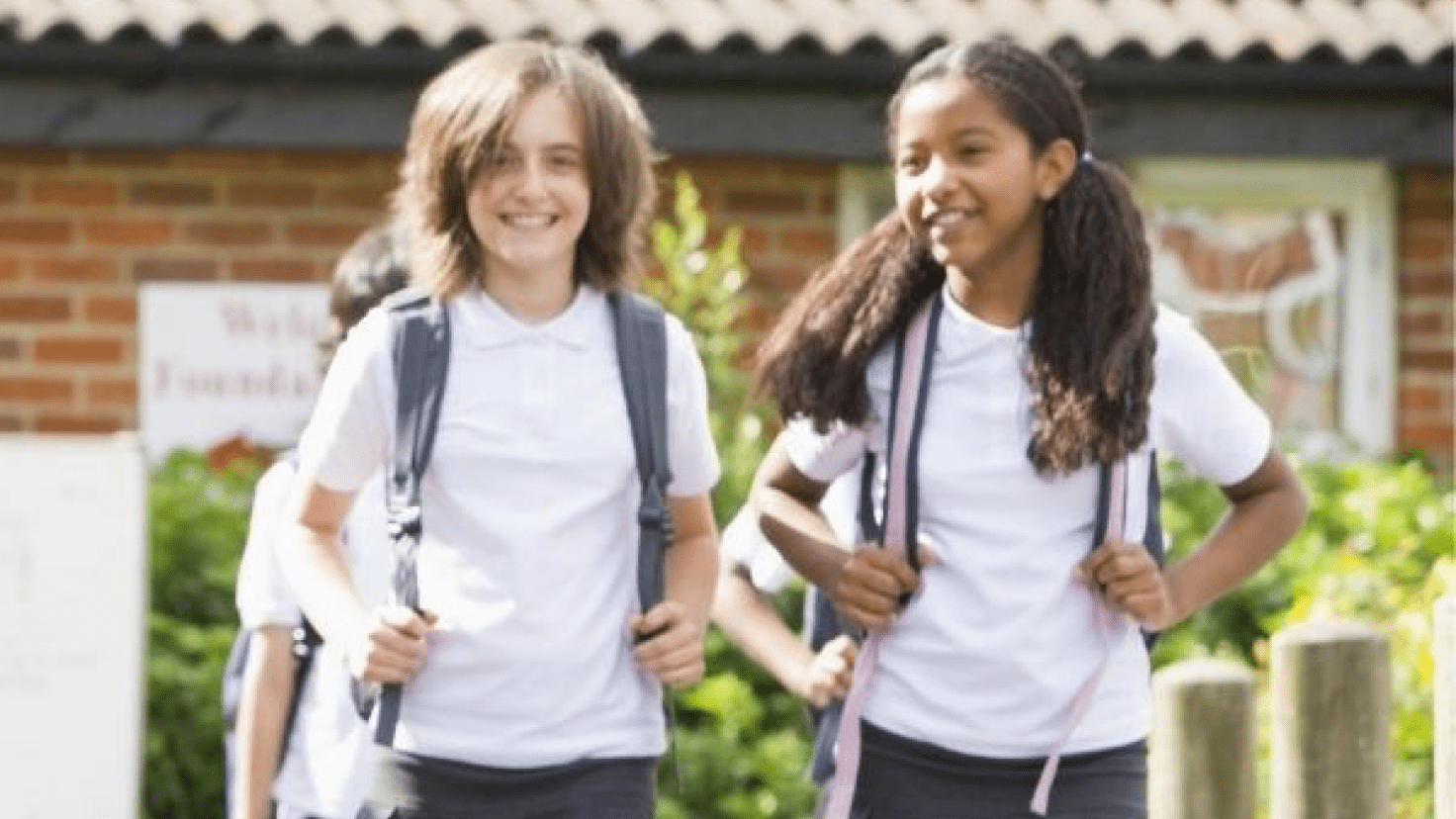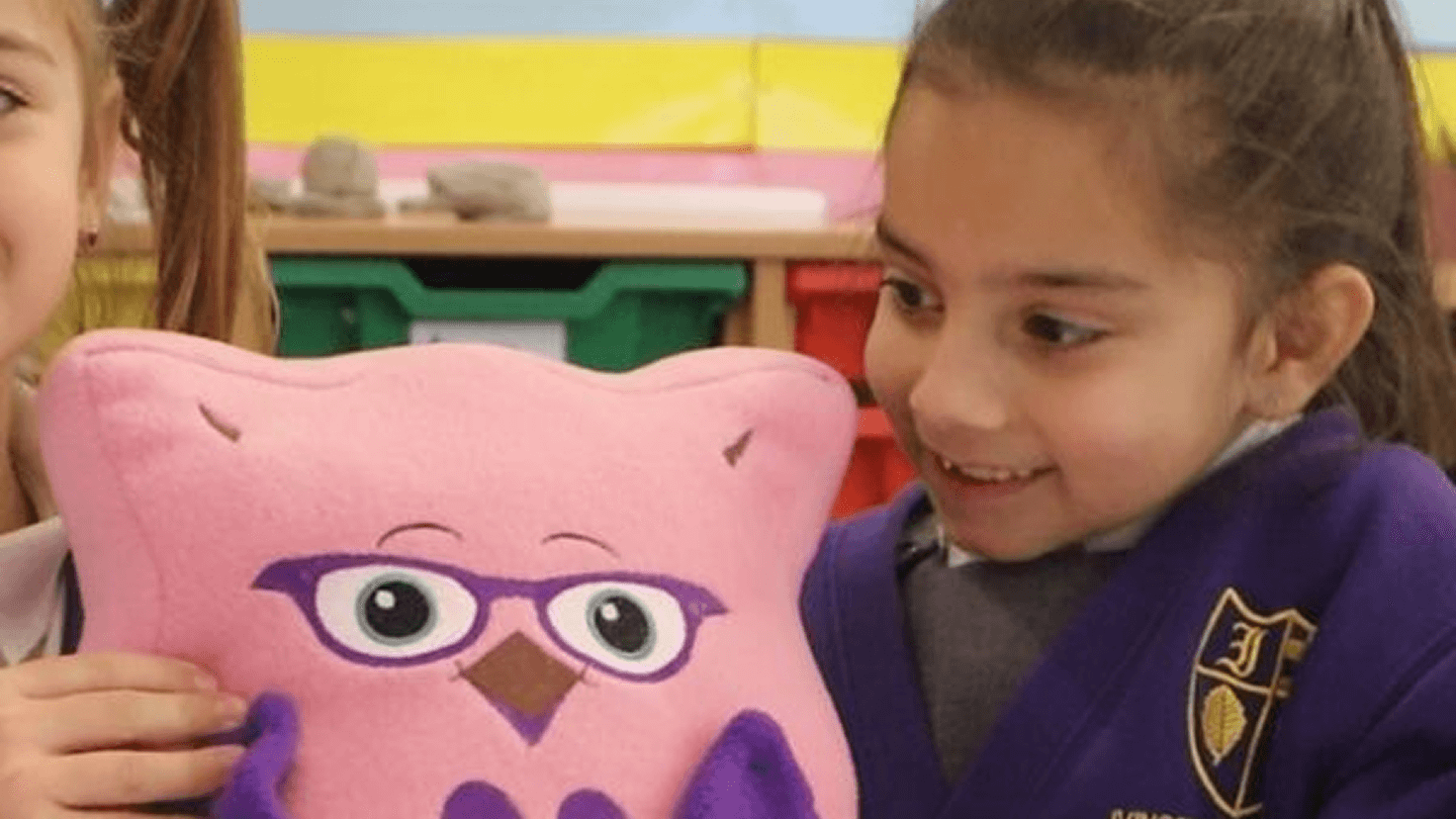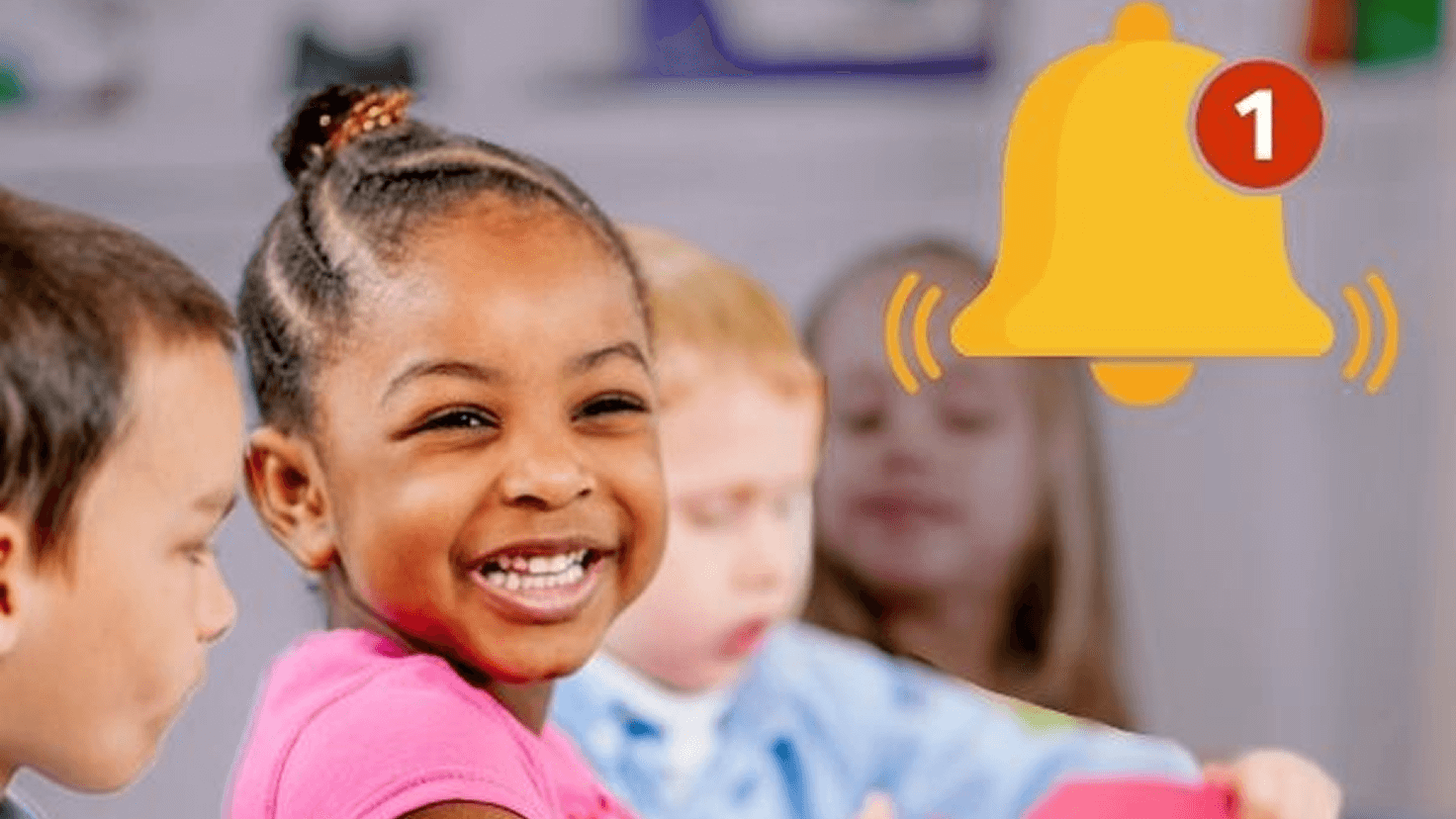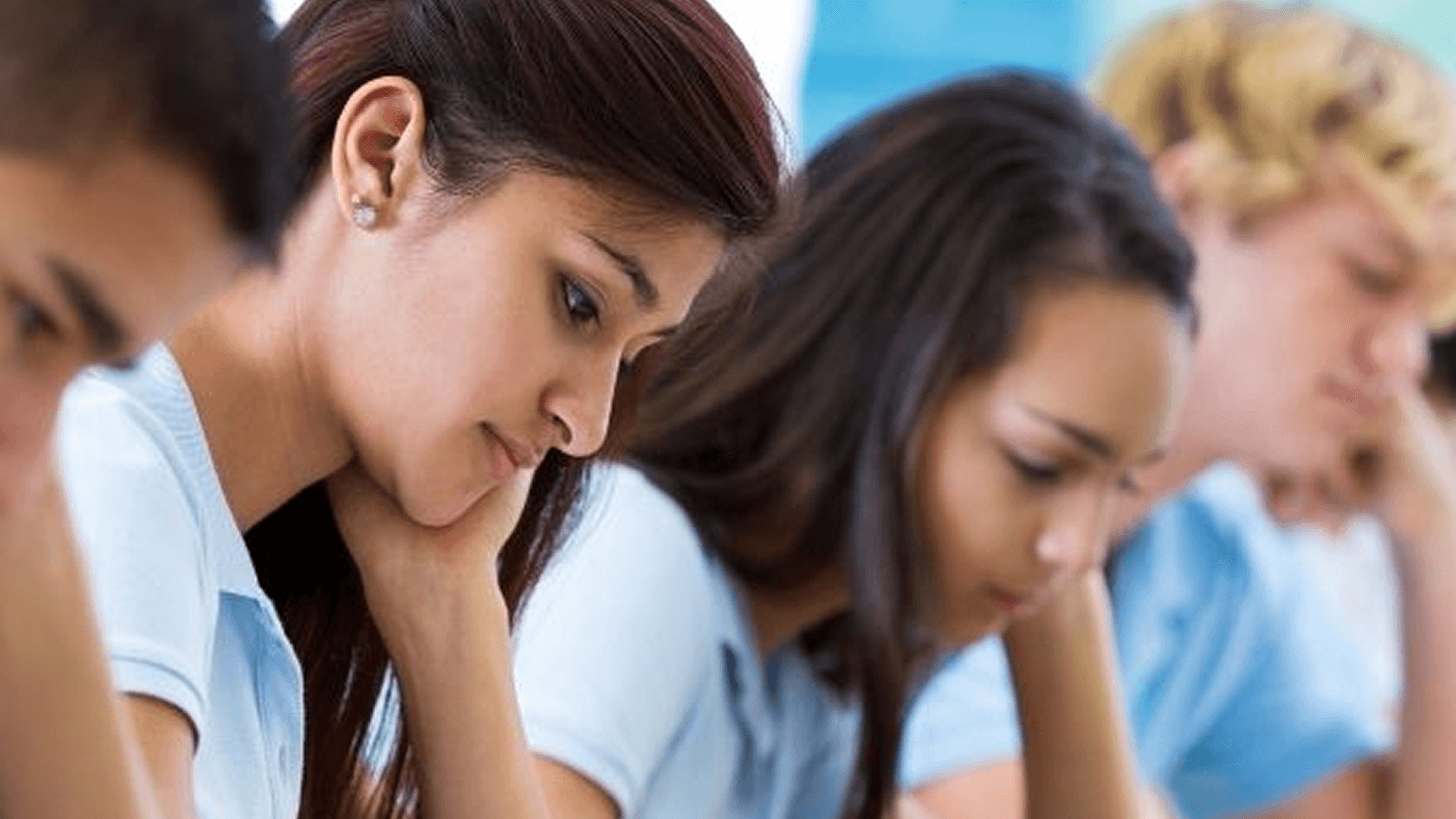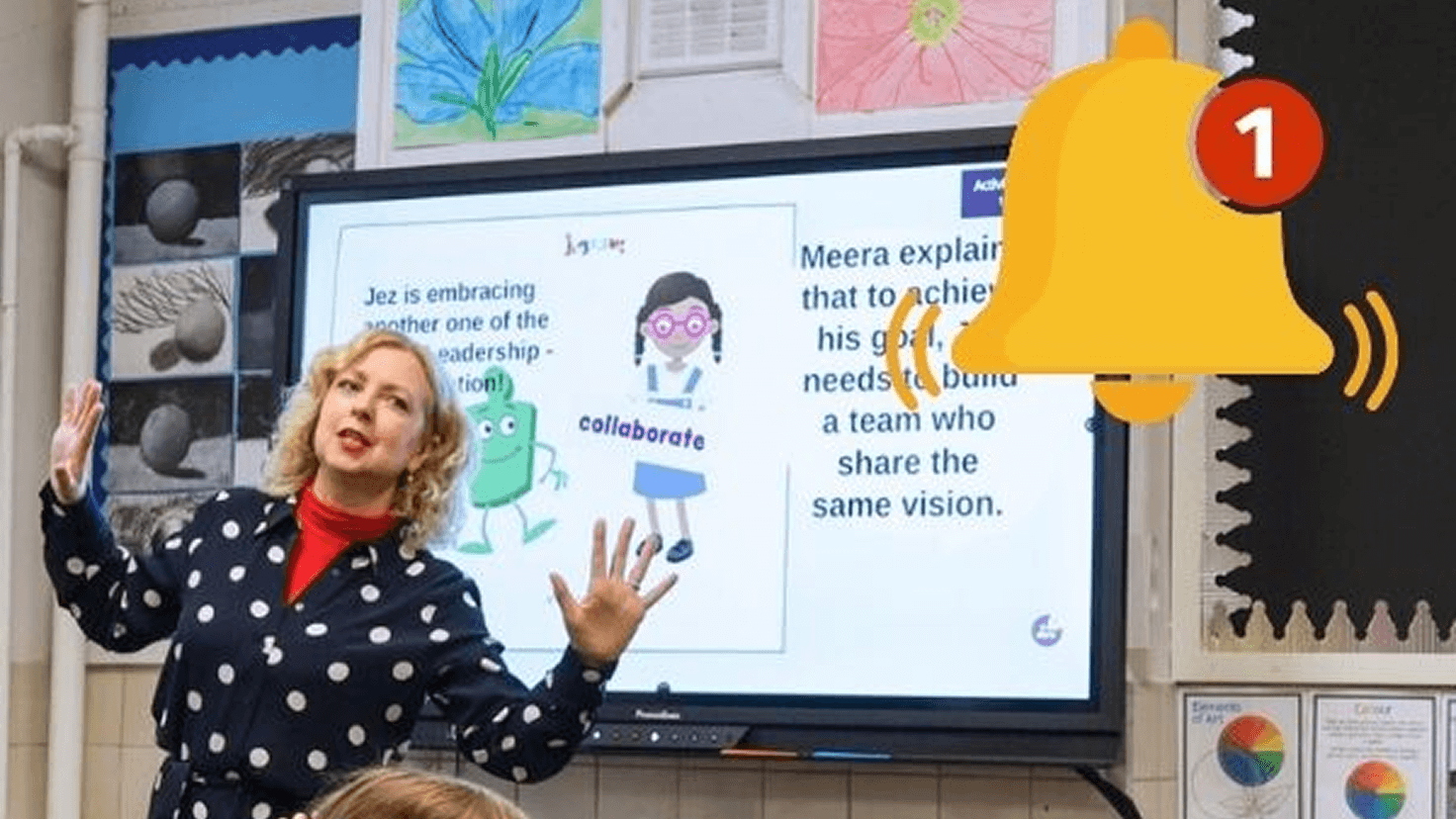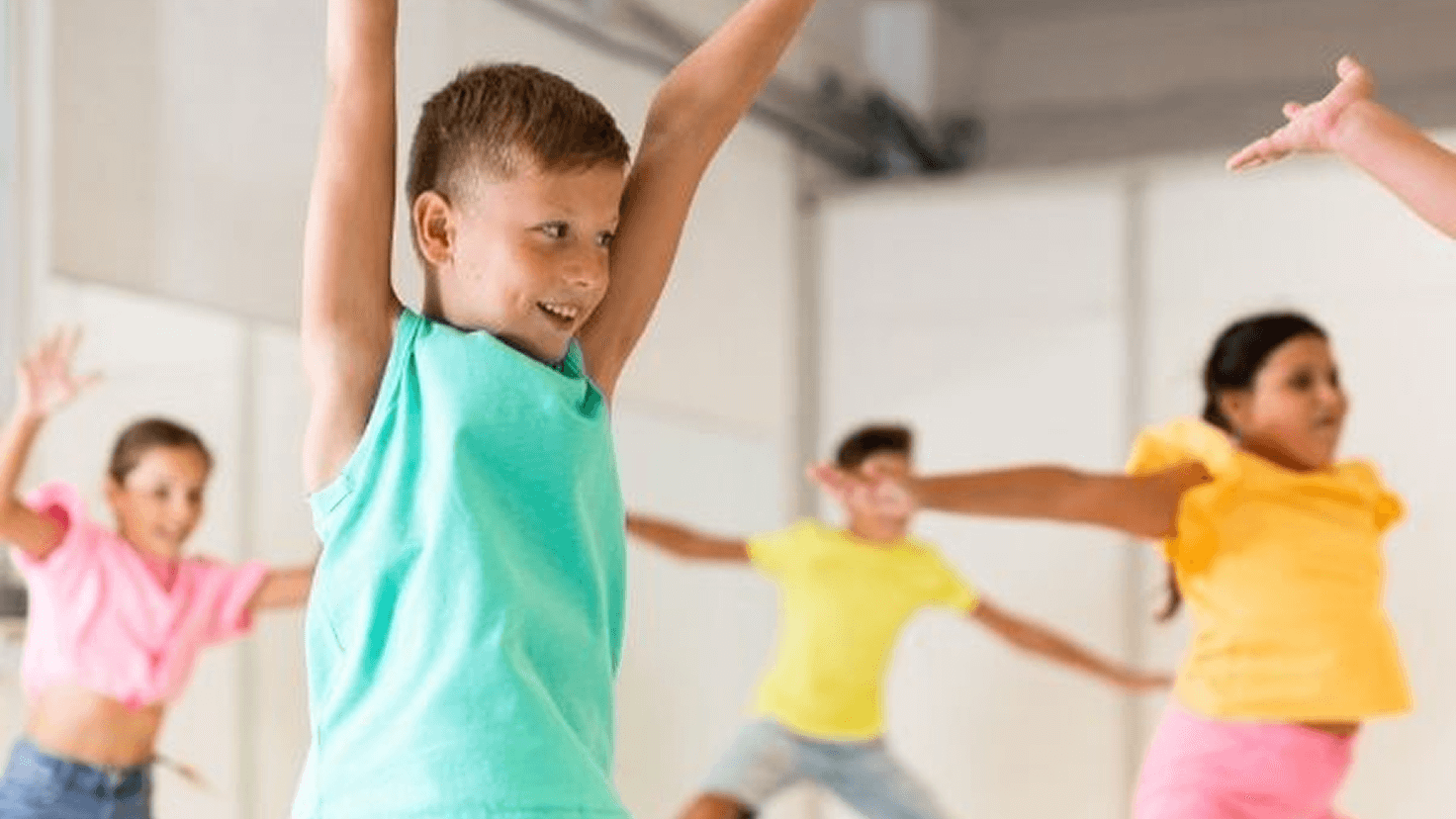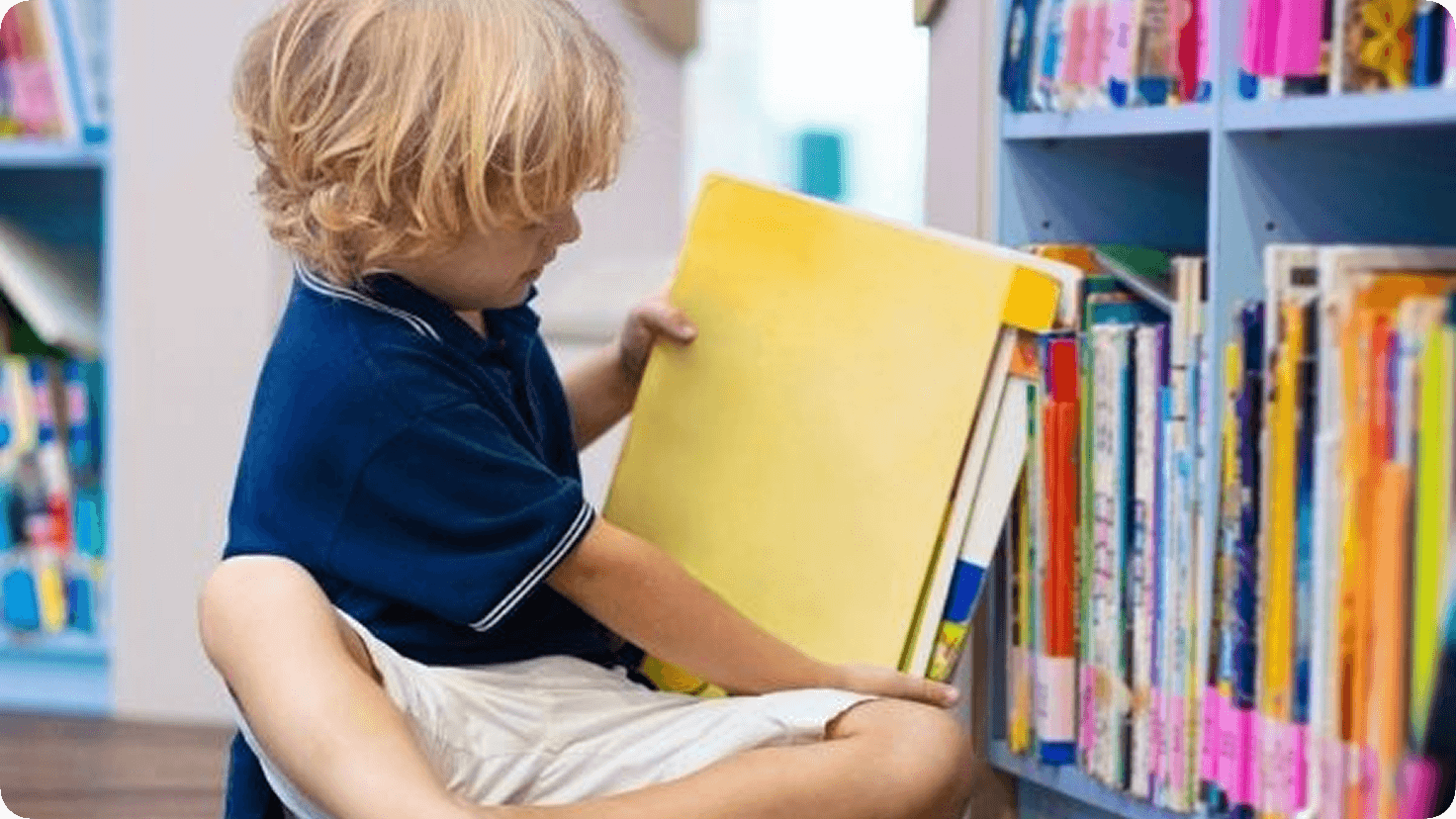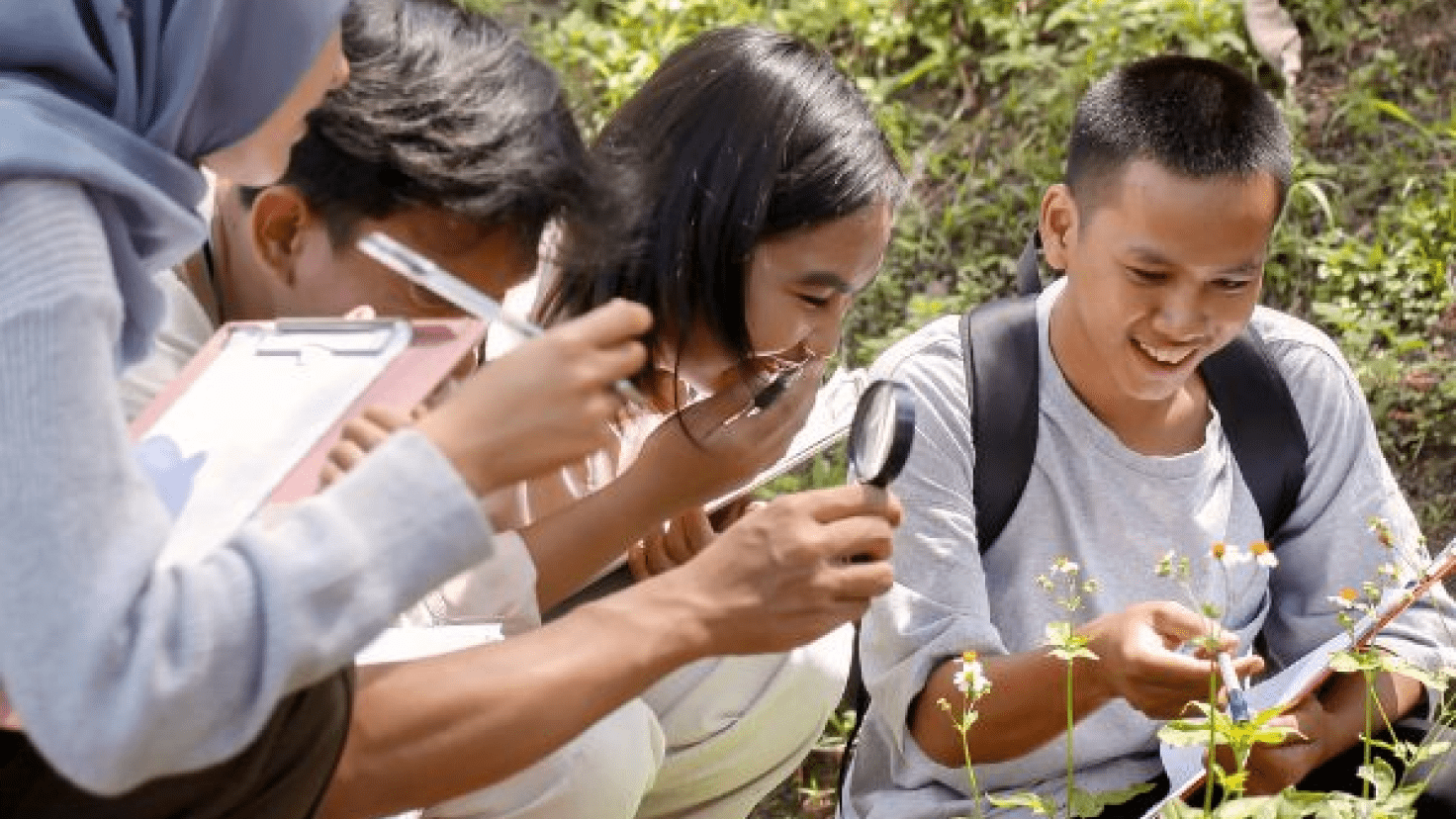Articles & Updates
01 May 2024
Exploring Disciplinary Lenses in Jigsaw RE
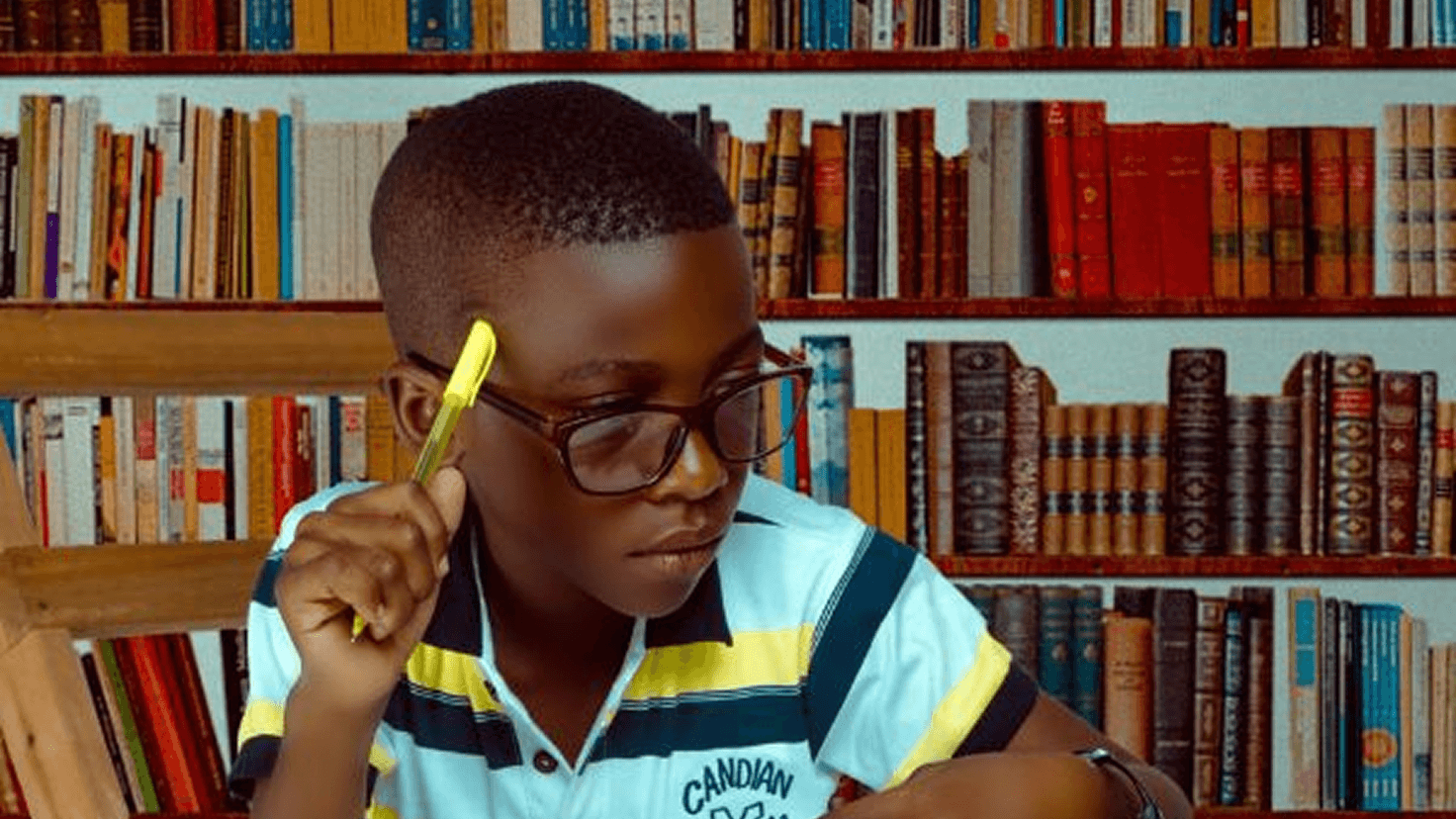
As part of a recent RE conference, I was delighted to attend a workshop led by Olivia Seymour, the Assistant Director of Education at York Diocese and RE Hub Lead for Yorkshire and the Humber. Olivia presented an article on progress within disciplinary lenses, which she had developed along with Gillian Georgiou, Diocesan Advisor in Lincolnshire. This presentation continued the conversation from previous 'Balanced RE' work and is one that we at Jigsaw RE have been engaging with, developing additional resources and guidance to support schools, especially those whose Locally Agreed Syllabus requires a disciplinary approach to curriculum planning.
But what do we mean by disciplinary lenses? Disciplinary knowledge in Religious Education (RE) refers to the various ways substantive knowledge can be presented, explored, and analysed to enhance religious literacy. These approaches, also known as ‘disciplinary lenses’ or ‘ways of knowing,’ help frame the teaching and understanding of religious education. This concept is highlighted in the 2021 Ofsted Research Review for Religious Education.
In RE classrooms, three disciplinary lenses are most commonly practised: Theology, Philosophy, and Human/Social Sciences. Let’s delve into each of these:
Theology is about people’s beliefs, including belief in God. This ‘way of knowing’ centres on the origins and key beliefs of a worldview, especially sacred texts and teachings. It can be used to explore different interpretations of stories from a worldview, including how these might have changed over time.
Philosophy is about curiosity, ‘big’ questions, and deep thinking. This ‘way of knowing’ can be asking ‘big’ questions about the meaning of life and how we make moral choices. It is also about exploring possible answers to these questions using reasoning and discussion to acknowledge diverse viewpoints and pupils’ own responses.
Human/Social Sciences is about how people put their beliefs into practice. This ‘way of knowing’ can include studying common practices of faith communities and individuals. It enables pupils to recognise the diversity of lived experiences within each worldview, exploring the context of the time and place in which followers are living.
As we continue the conversation around disciplinary lenses, subject and curriculum leads will need to reflect on their purpose in the school and classroom settings. Will disciplinary lenses be used solely as a curriculum planning tool to ensure a balanced approach to developing substantive knowledge? Should this approach be introduced to the children more deeply? To what extent should primary students be able to deploy different skills in various ‘ways of knowing,’ and how well should they articulate which lens they are using, how, and why?
If choosing to be explicit with disciplinary lenses with the children, how much time should be allocated to this knowledge within medium-term planning to ensure it doesn’t detract from both substantive knowledge and personal development? These questions are essential for curriculum leads to consider as they integrate disciplinary lenses into their curriculum and teaching practice.
At Jigsaw RE, we are excited to incorporate these disciplinary lenses into our resources and support for schools. Teachers can find out more in the ‘Disciplinary Lenses’ section of the portal (in the ‘Getting Started’ area) and through the accompanying webinar. As we move forward, our goal is to continue this important conversation and ensure we are giving our subject leads and teachers the supported opportunity to develop this area of their school’s RE curriculum.

